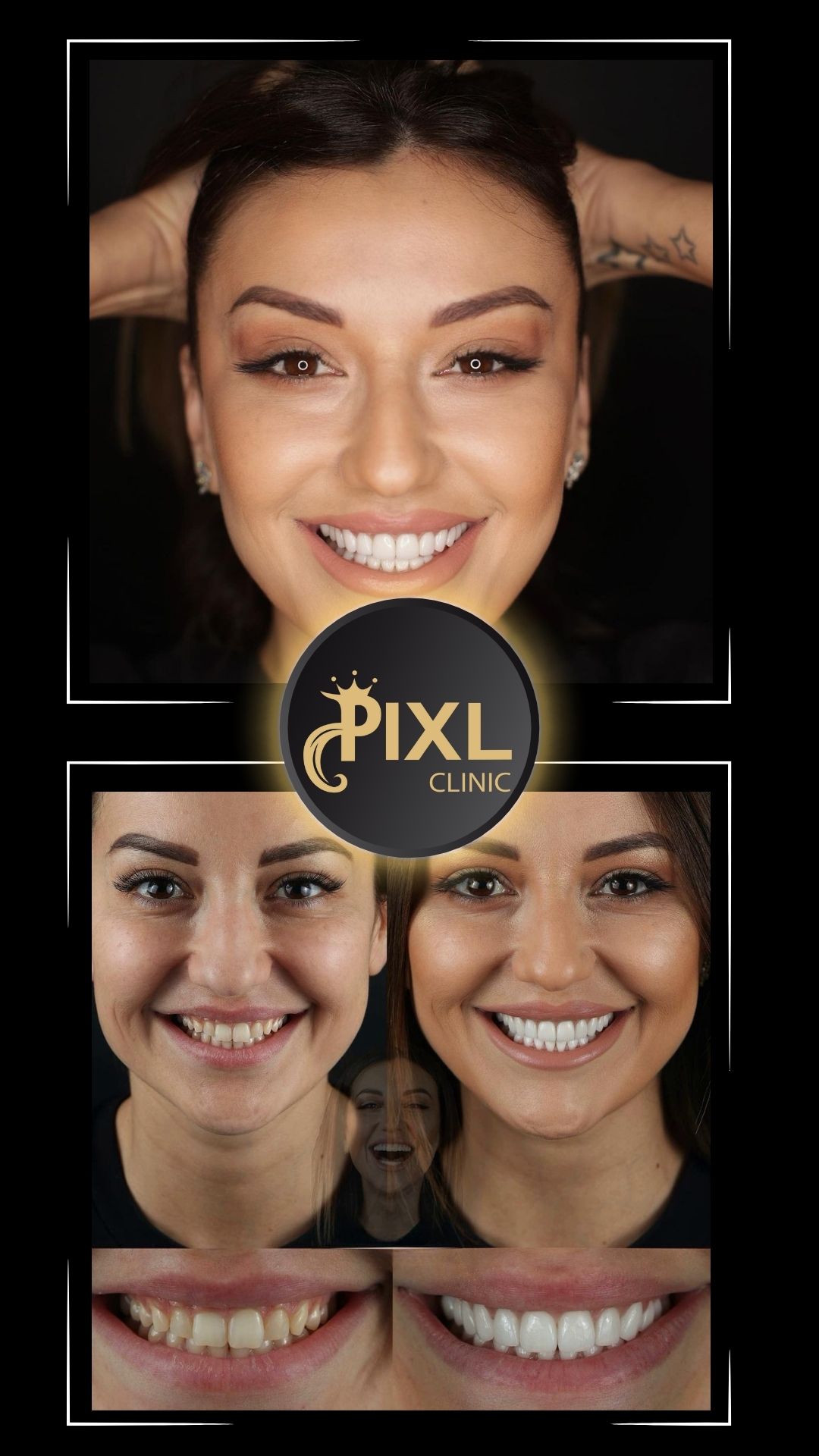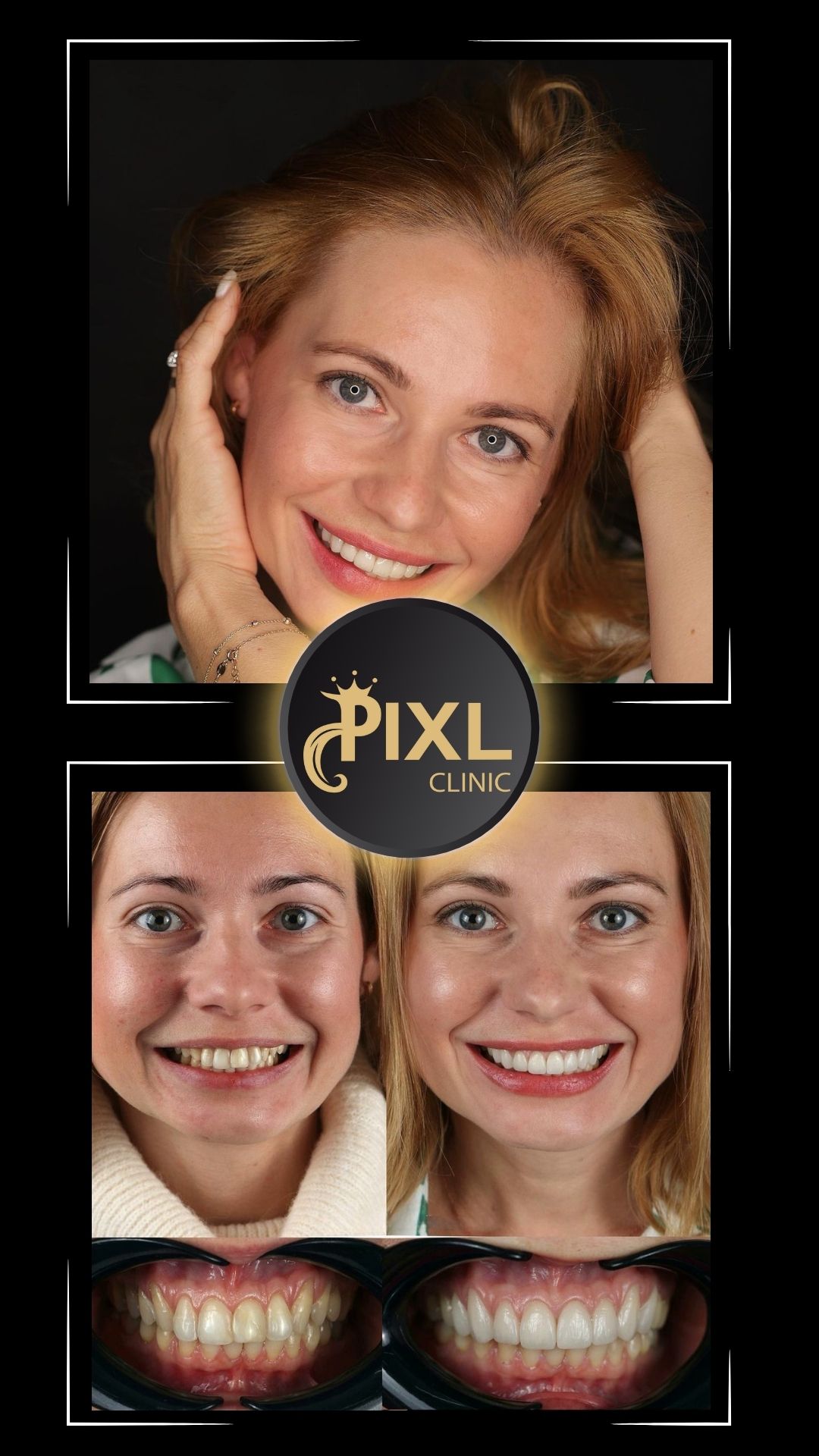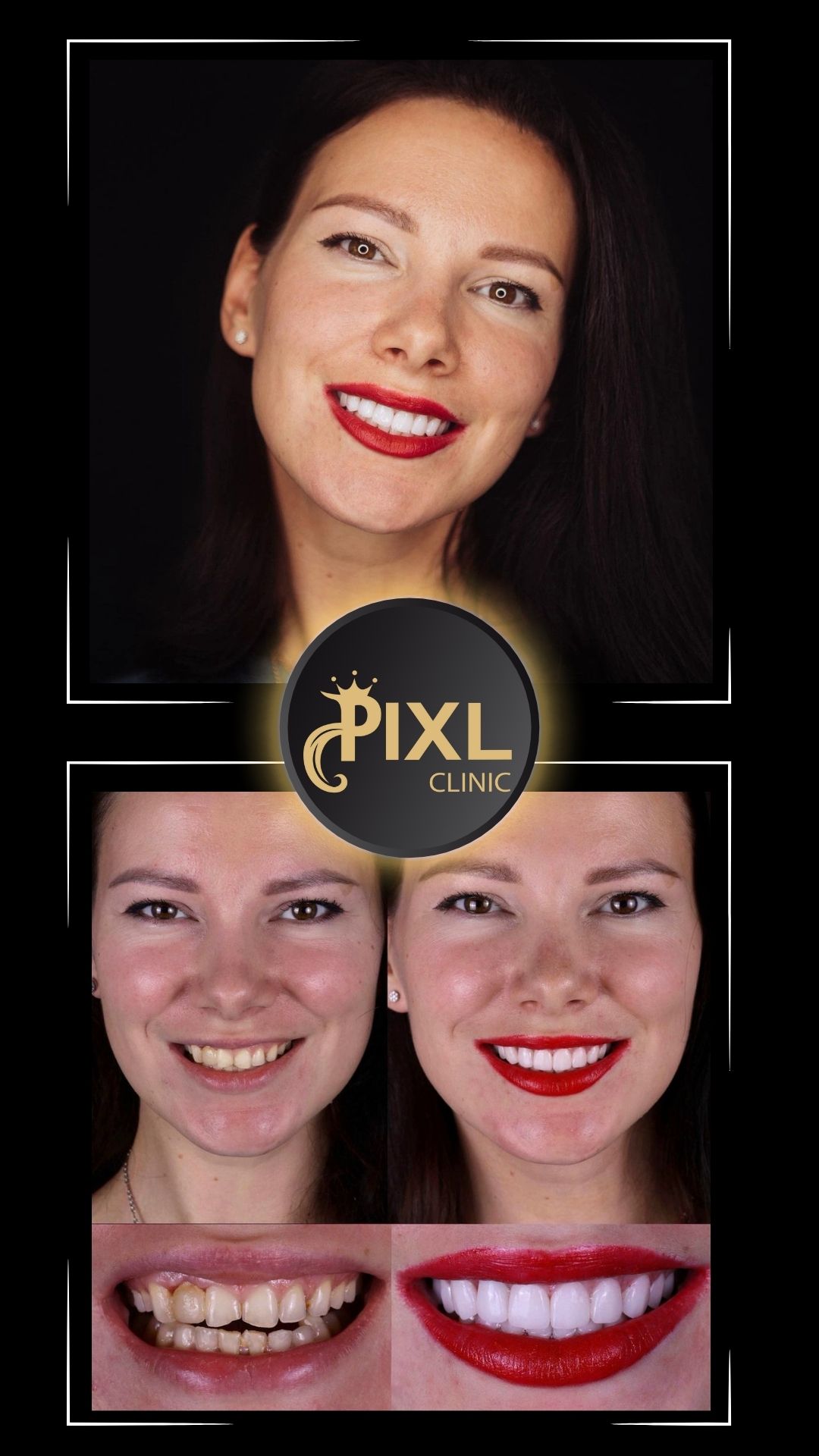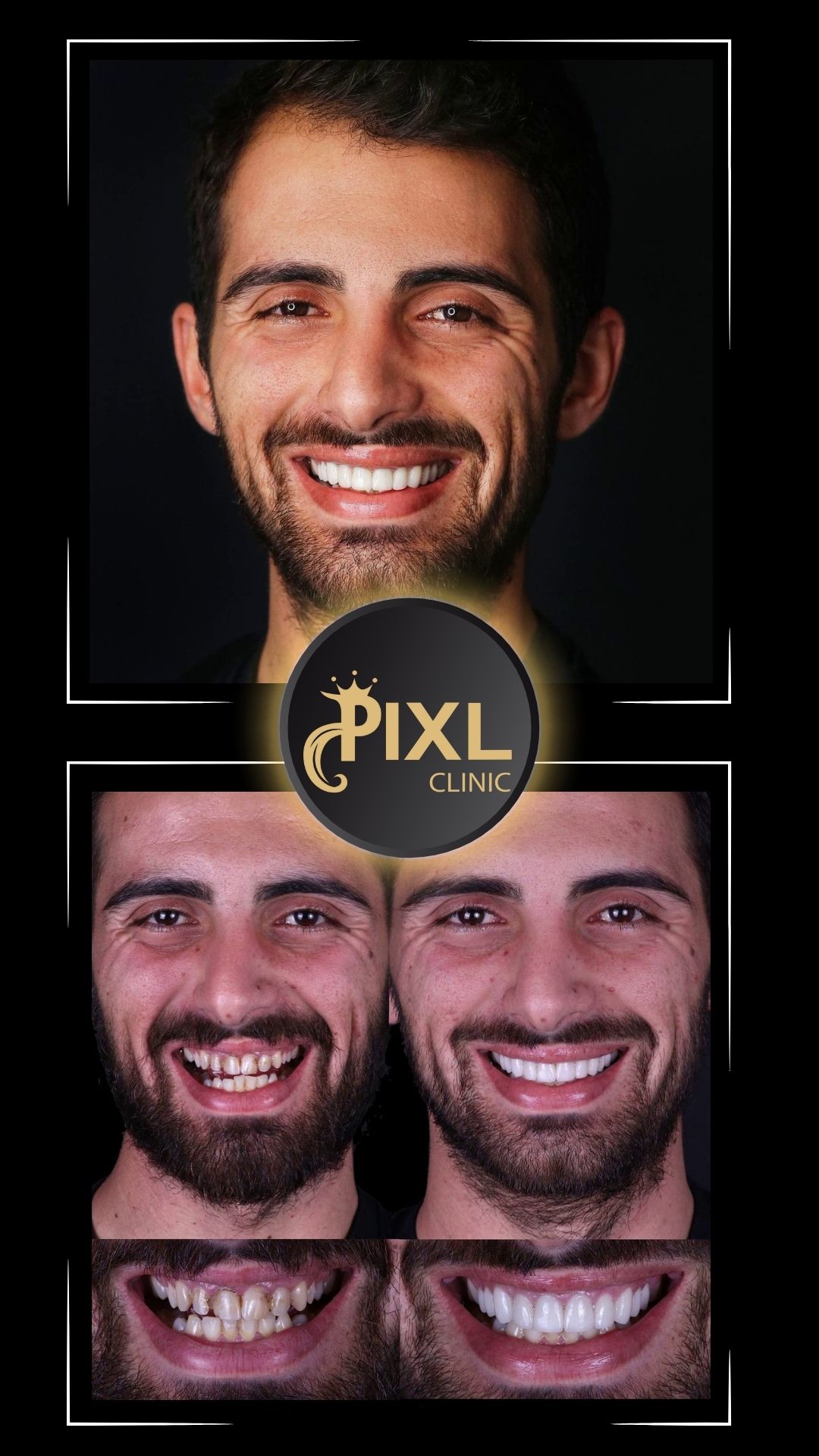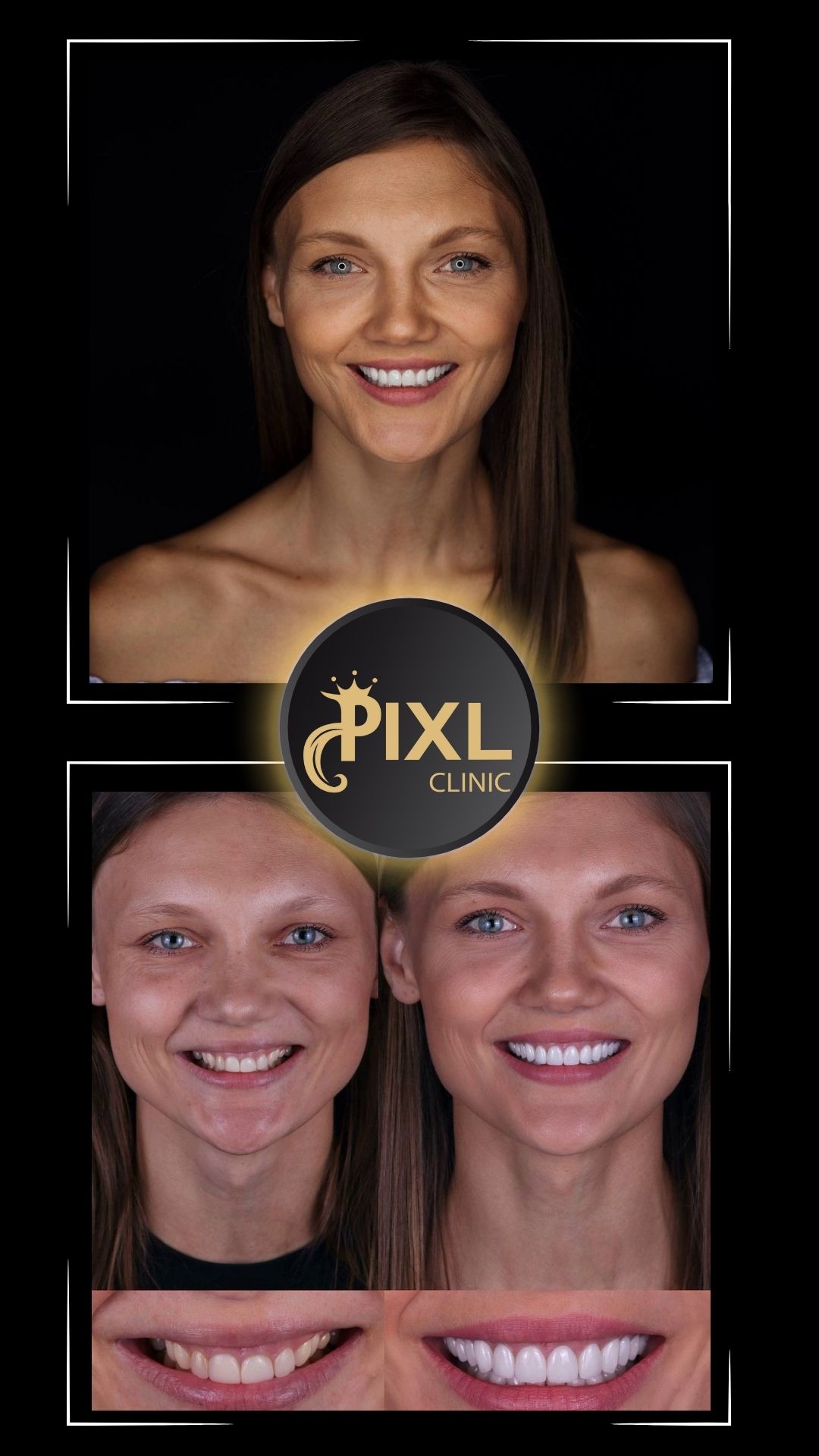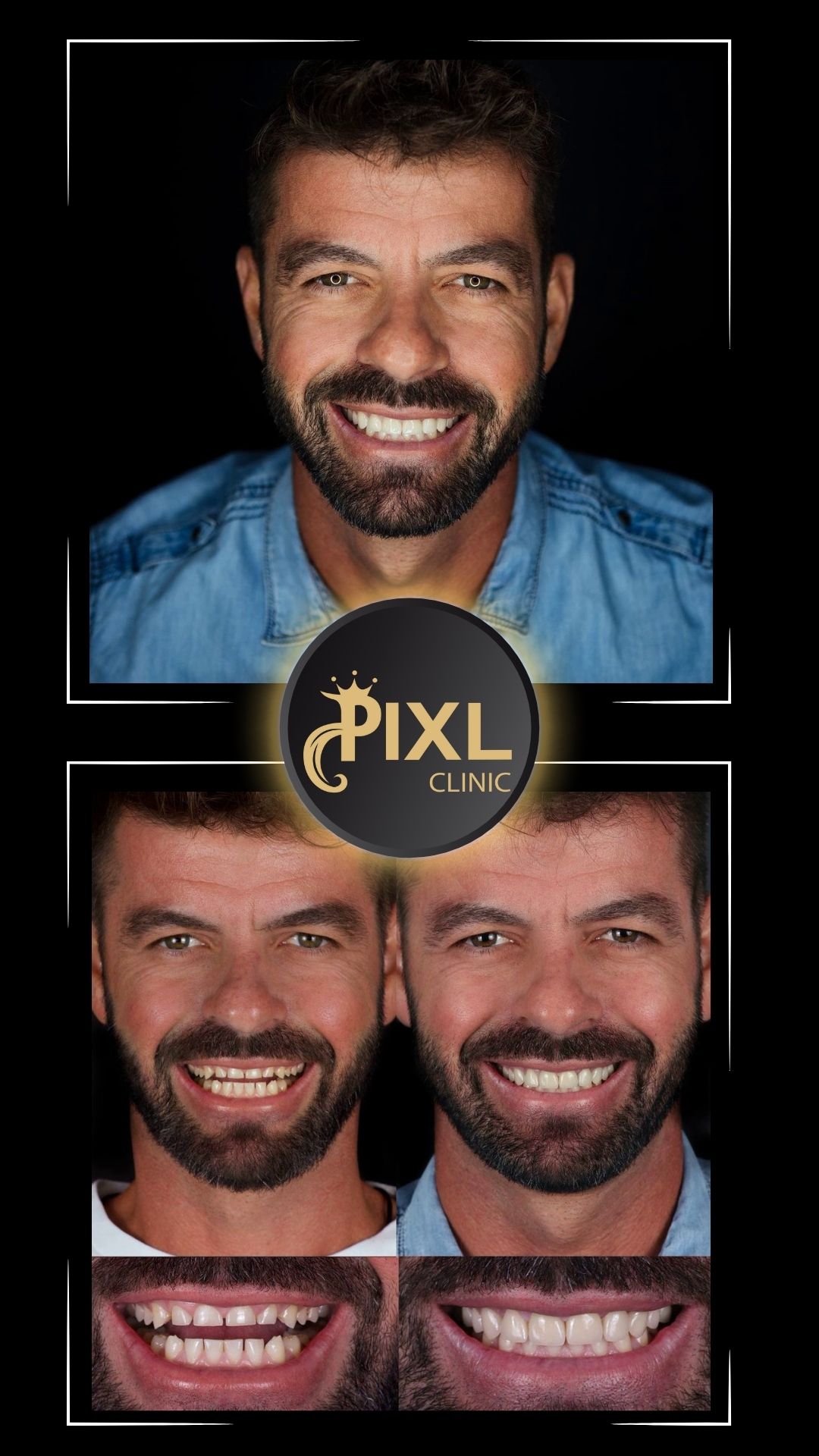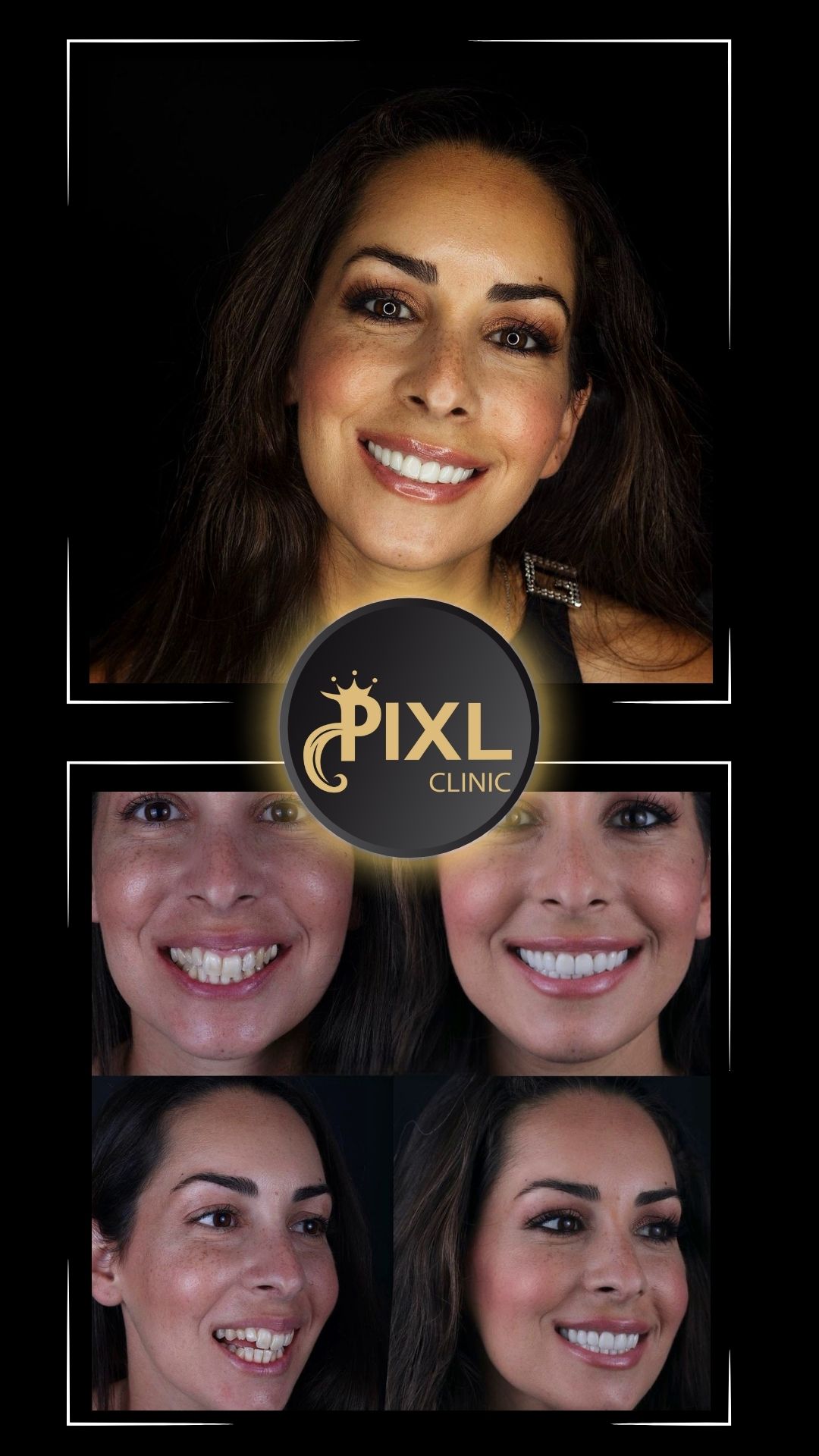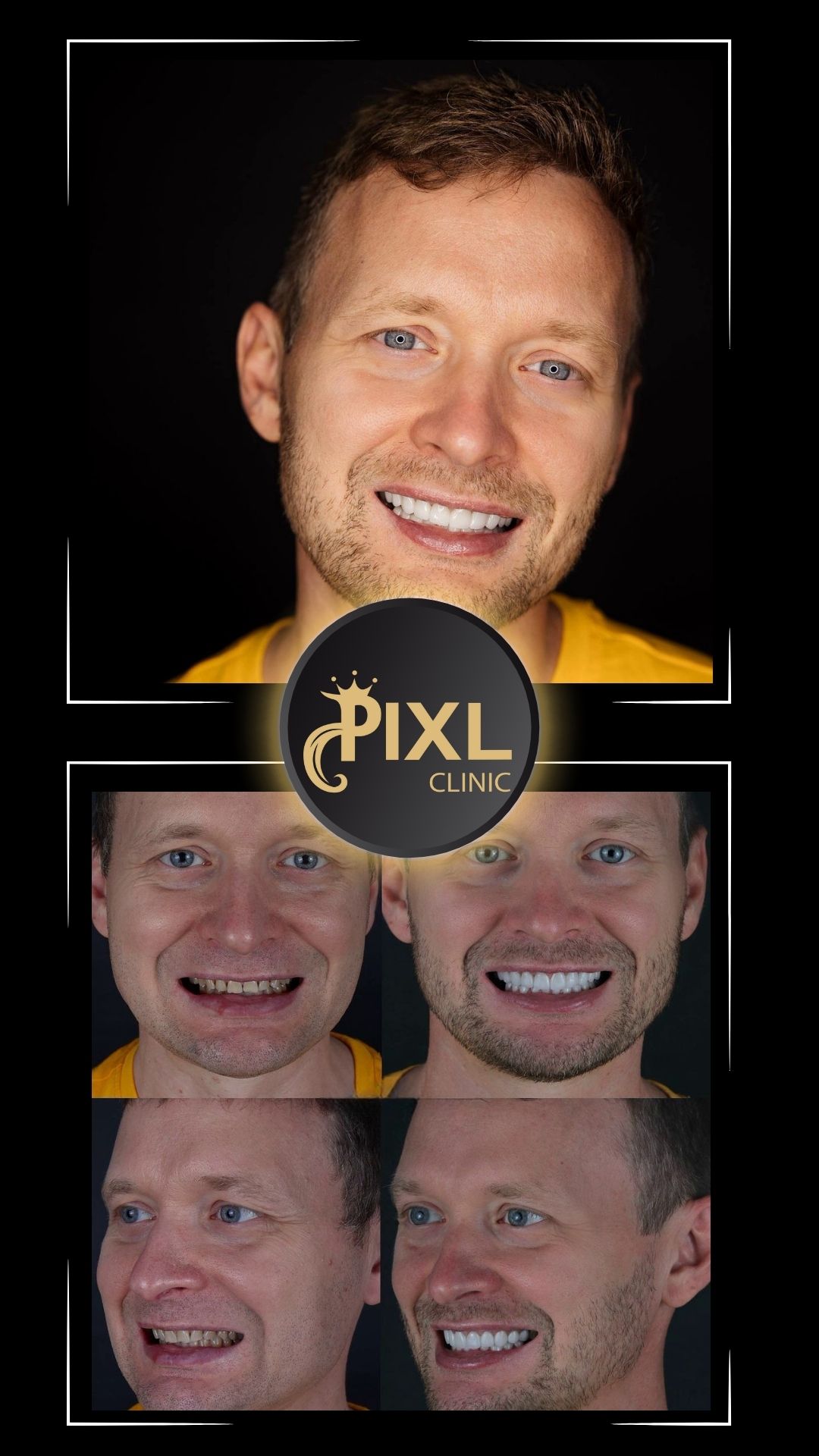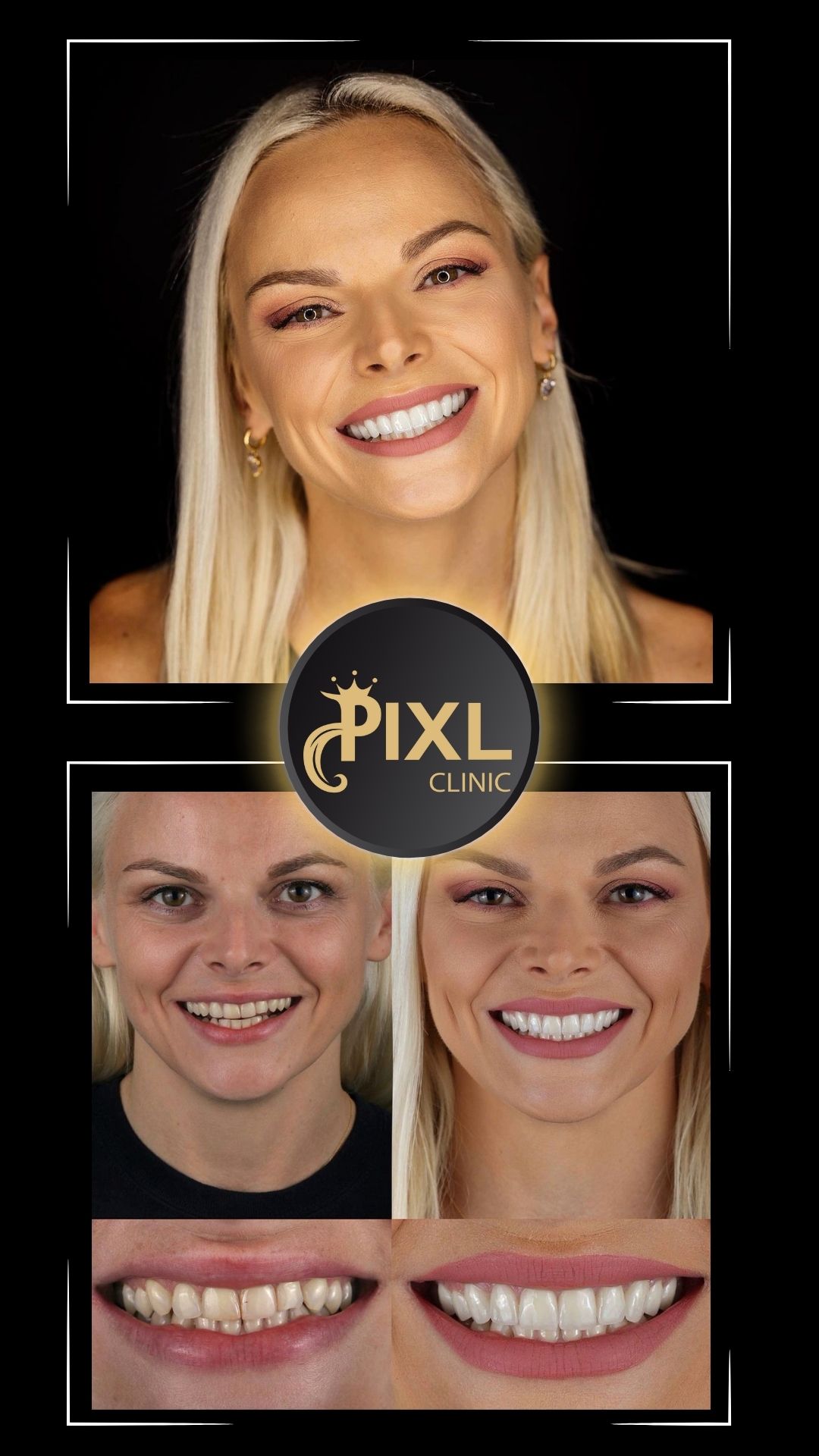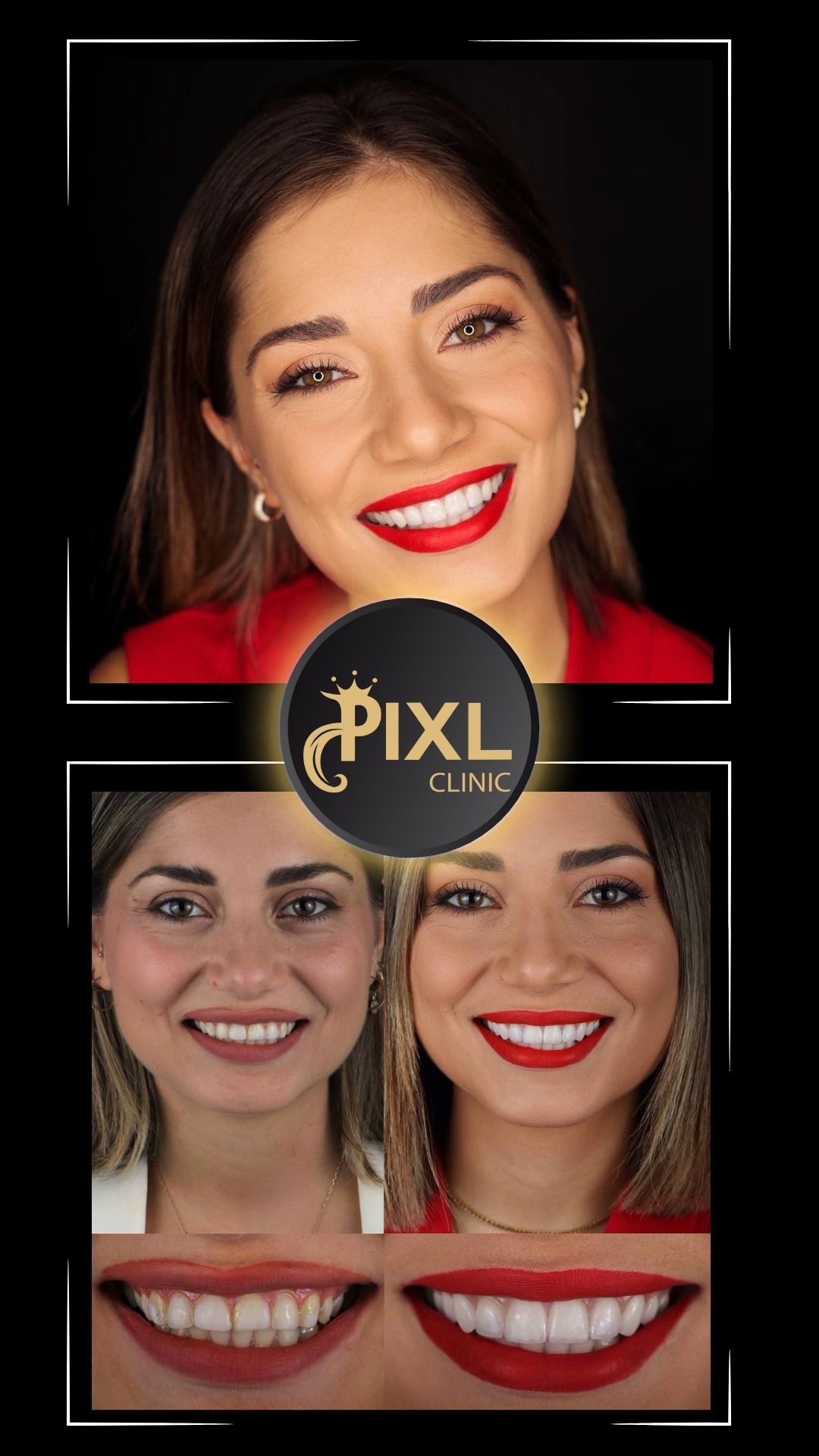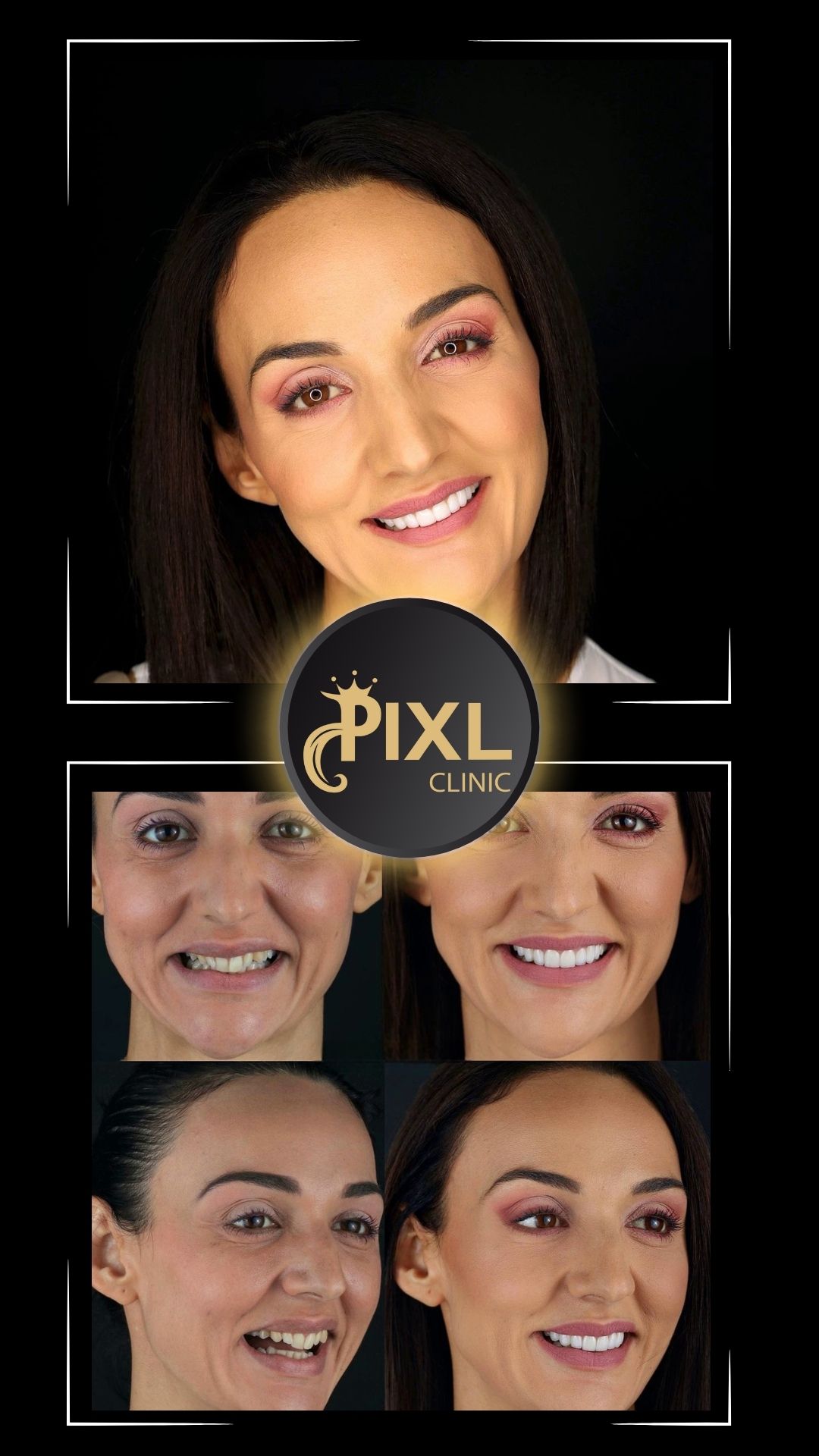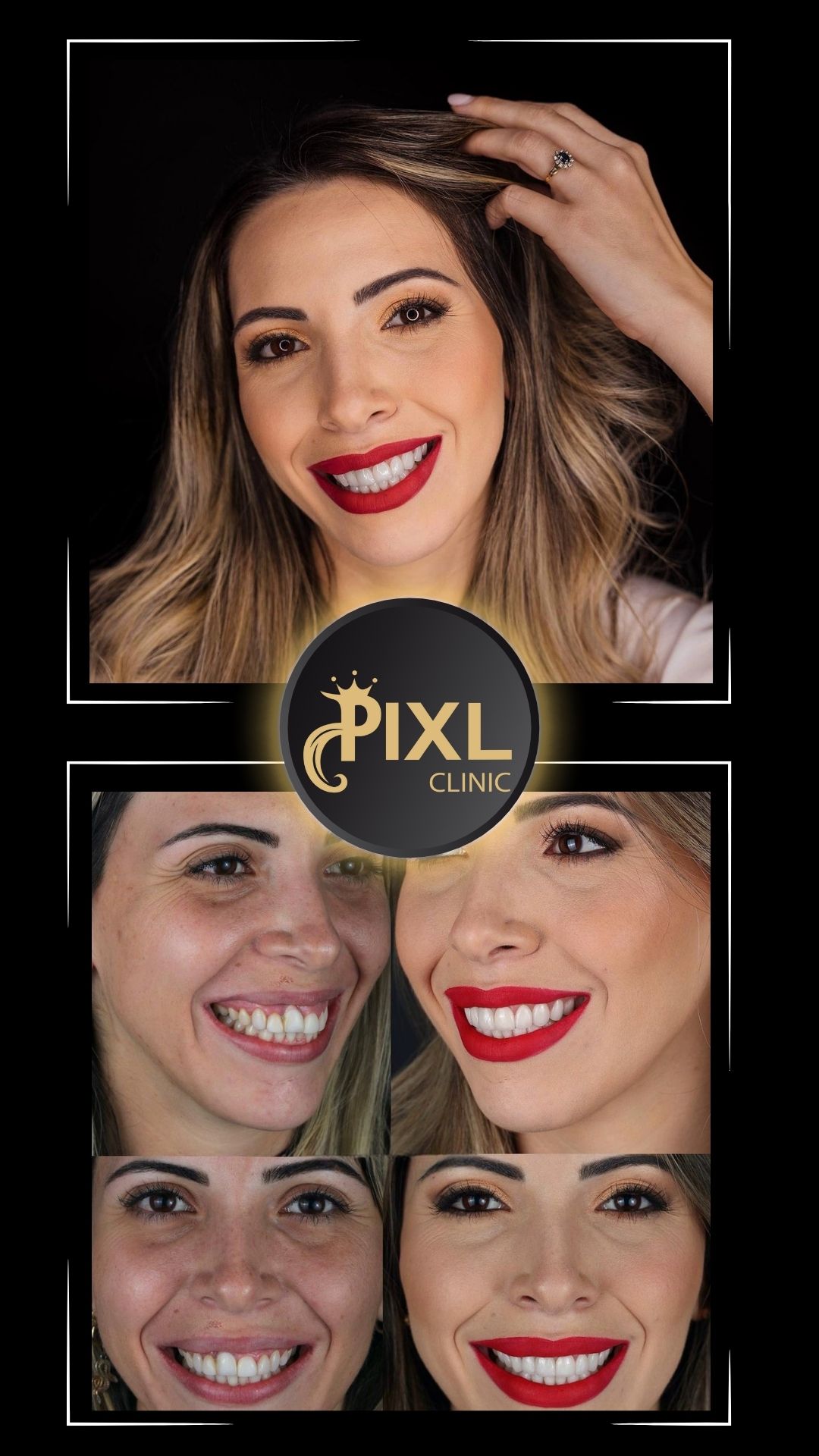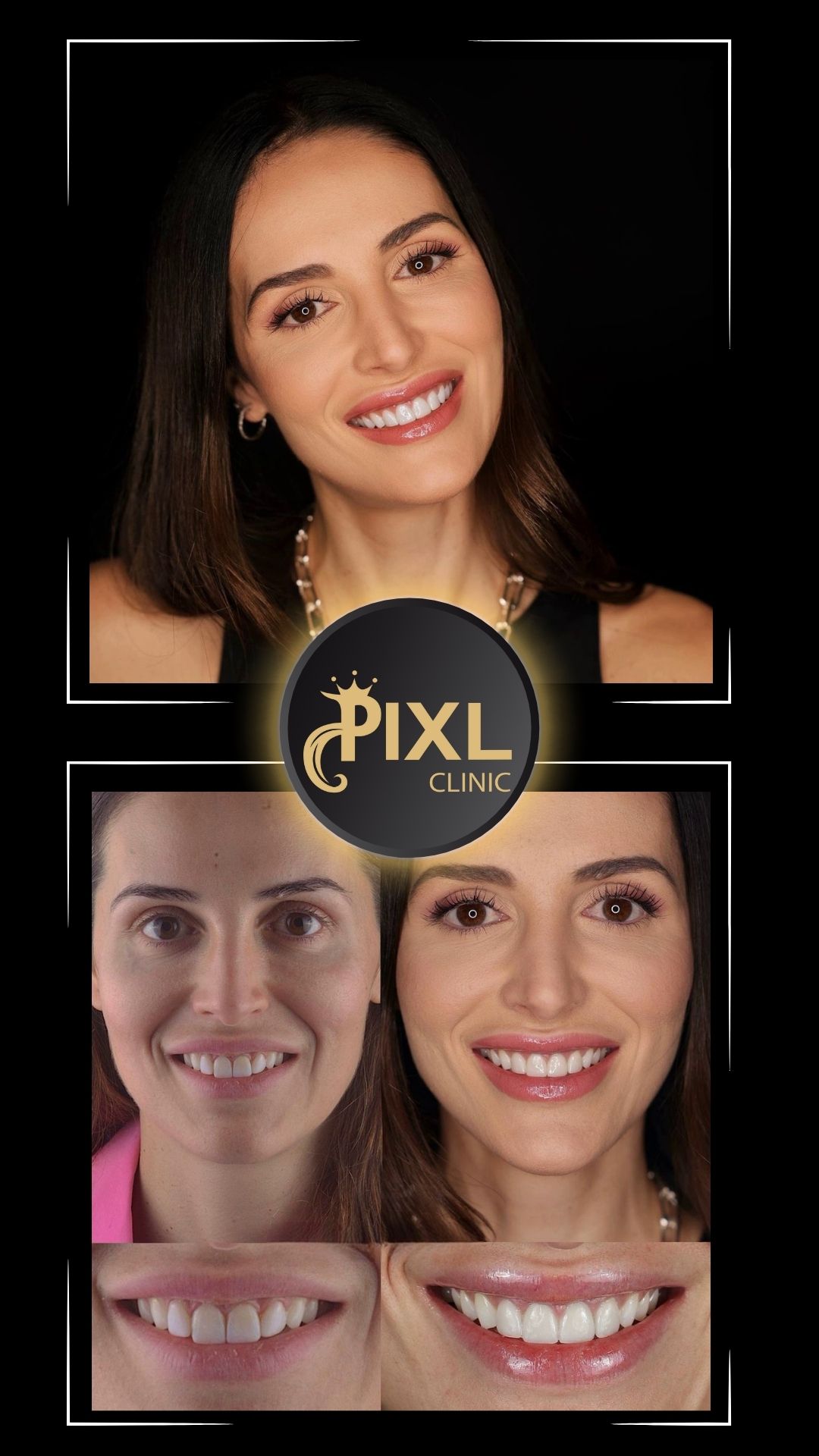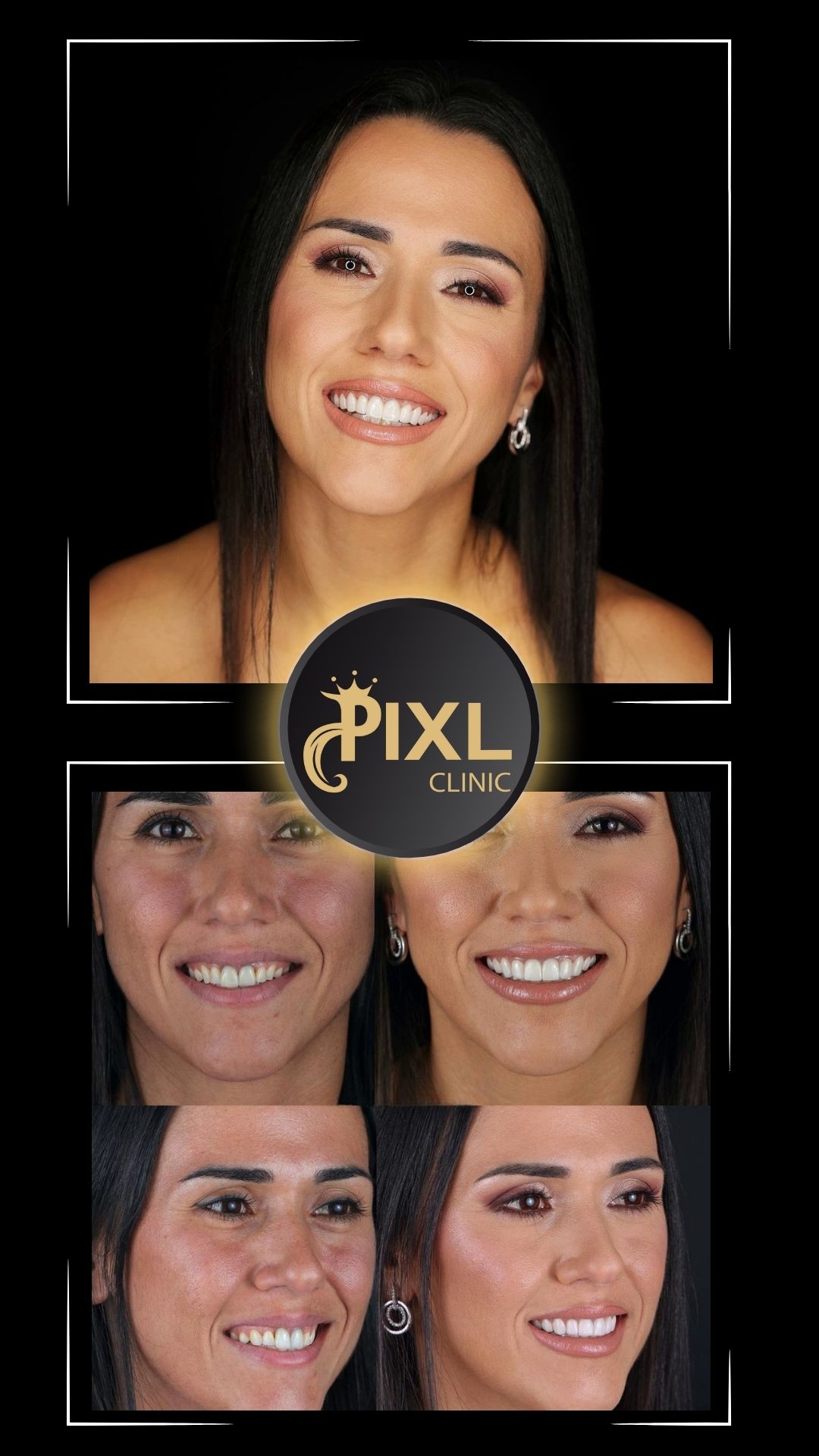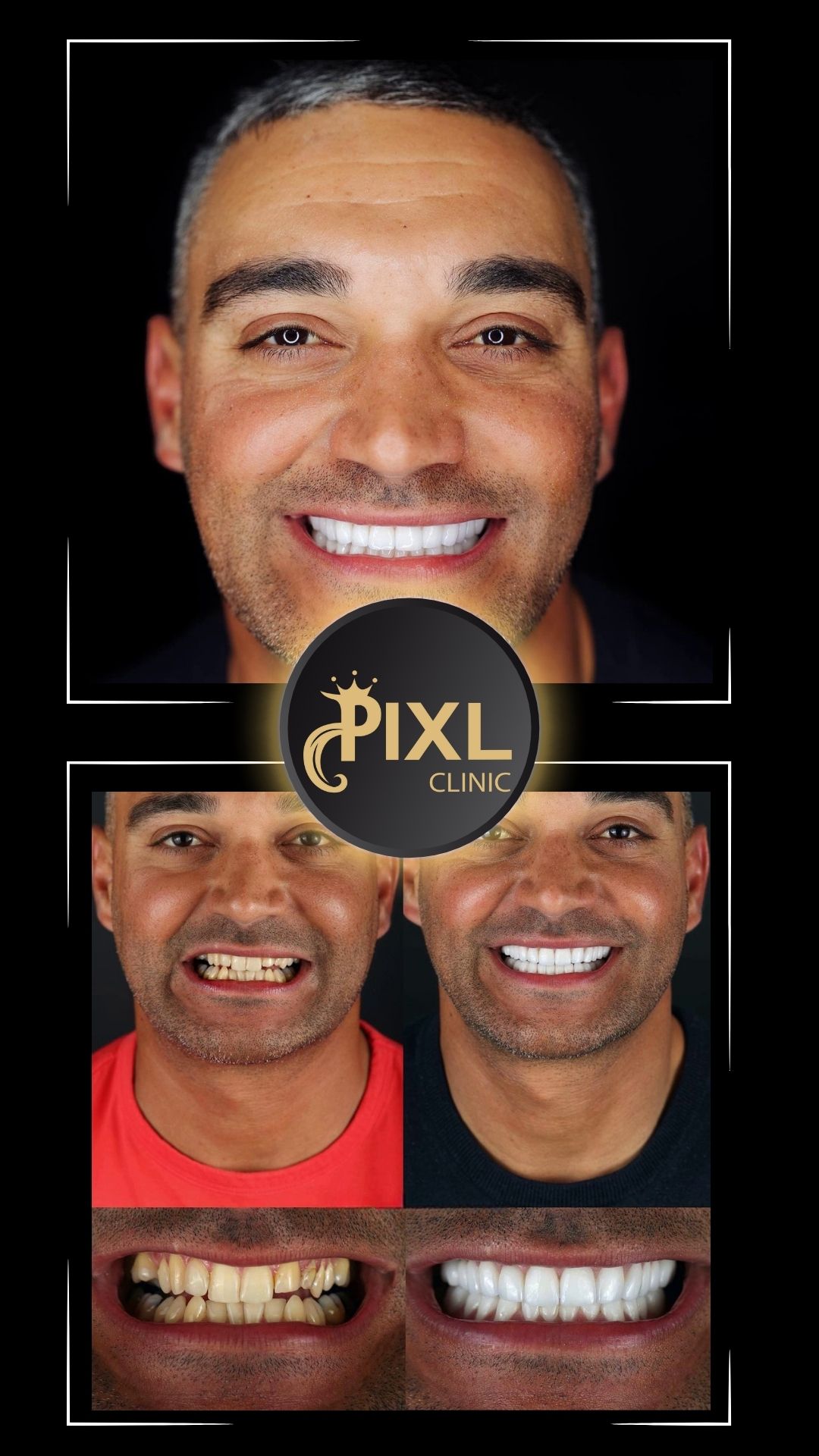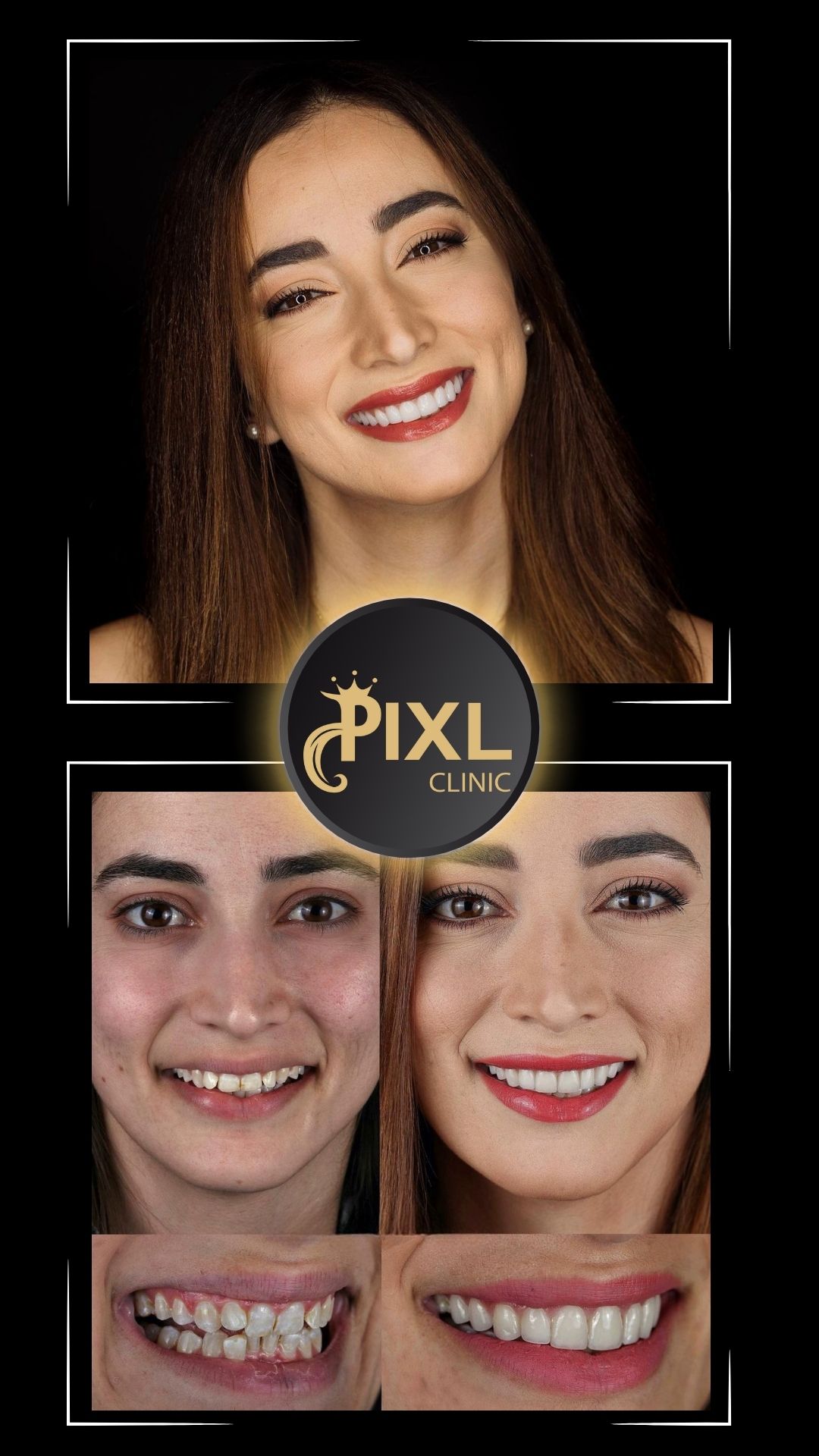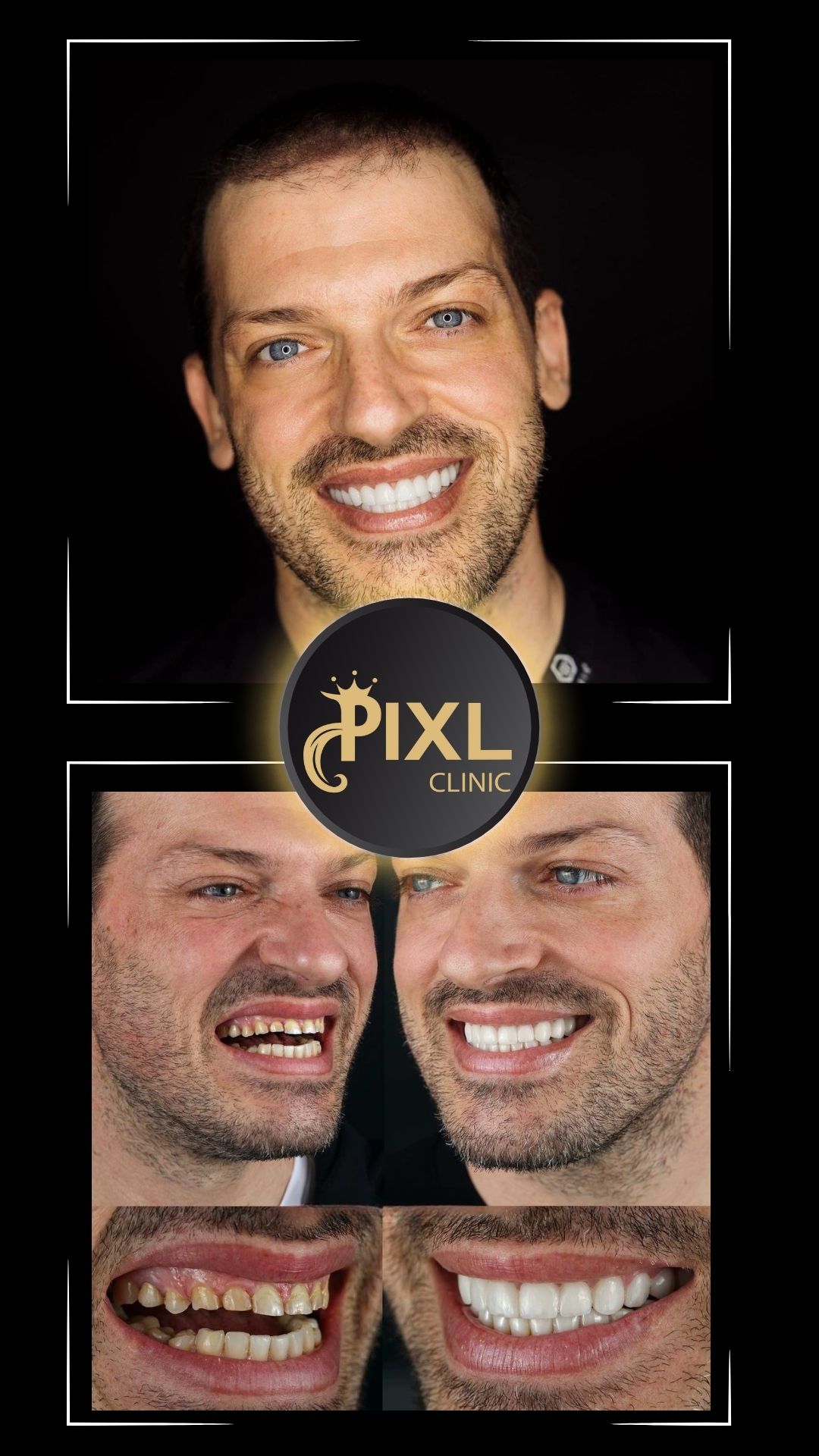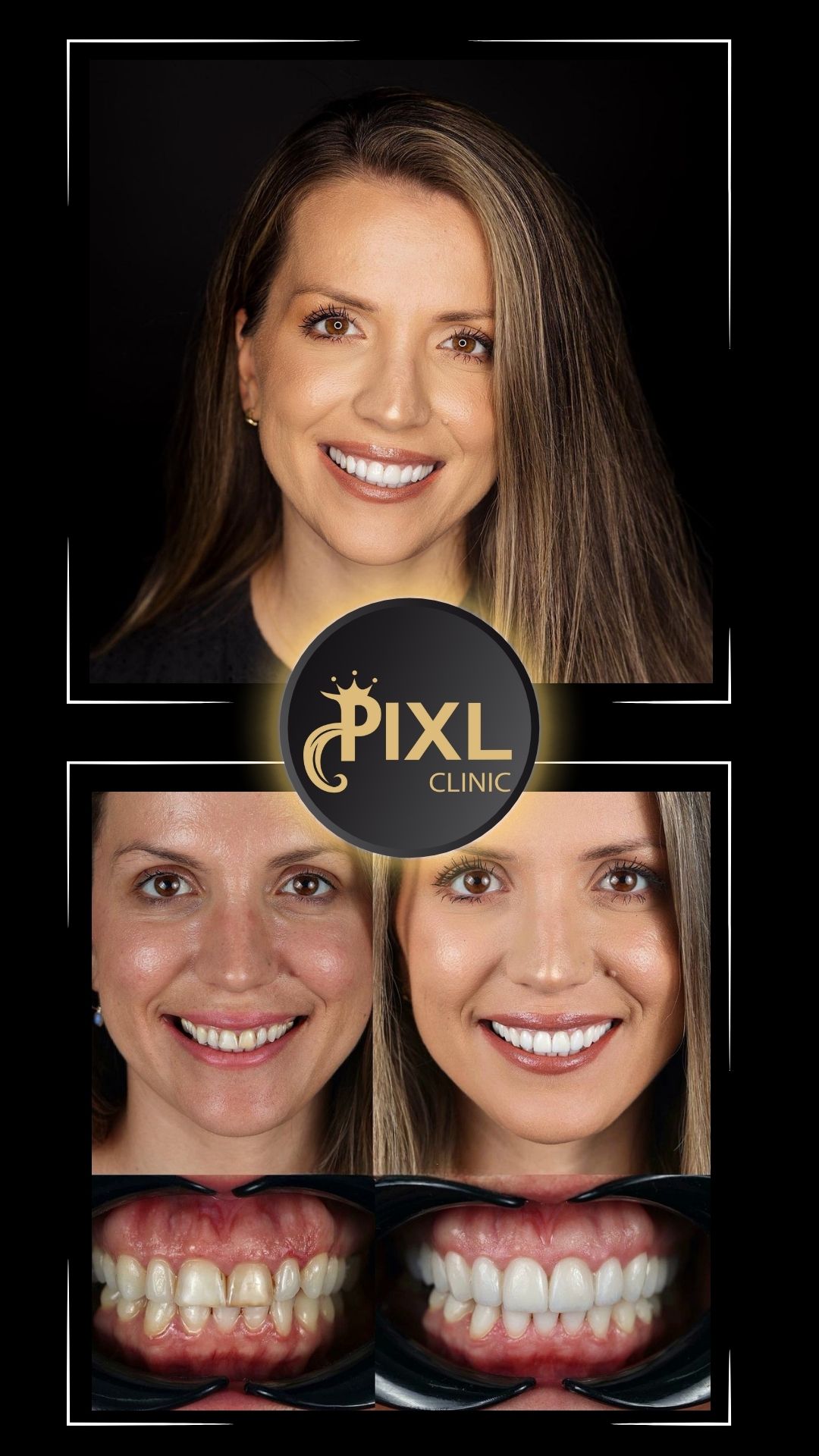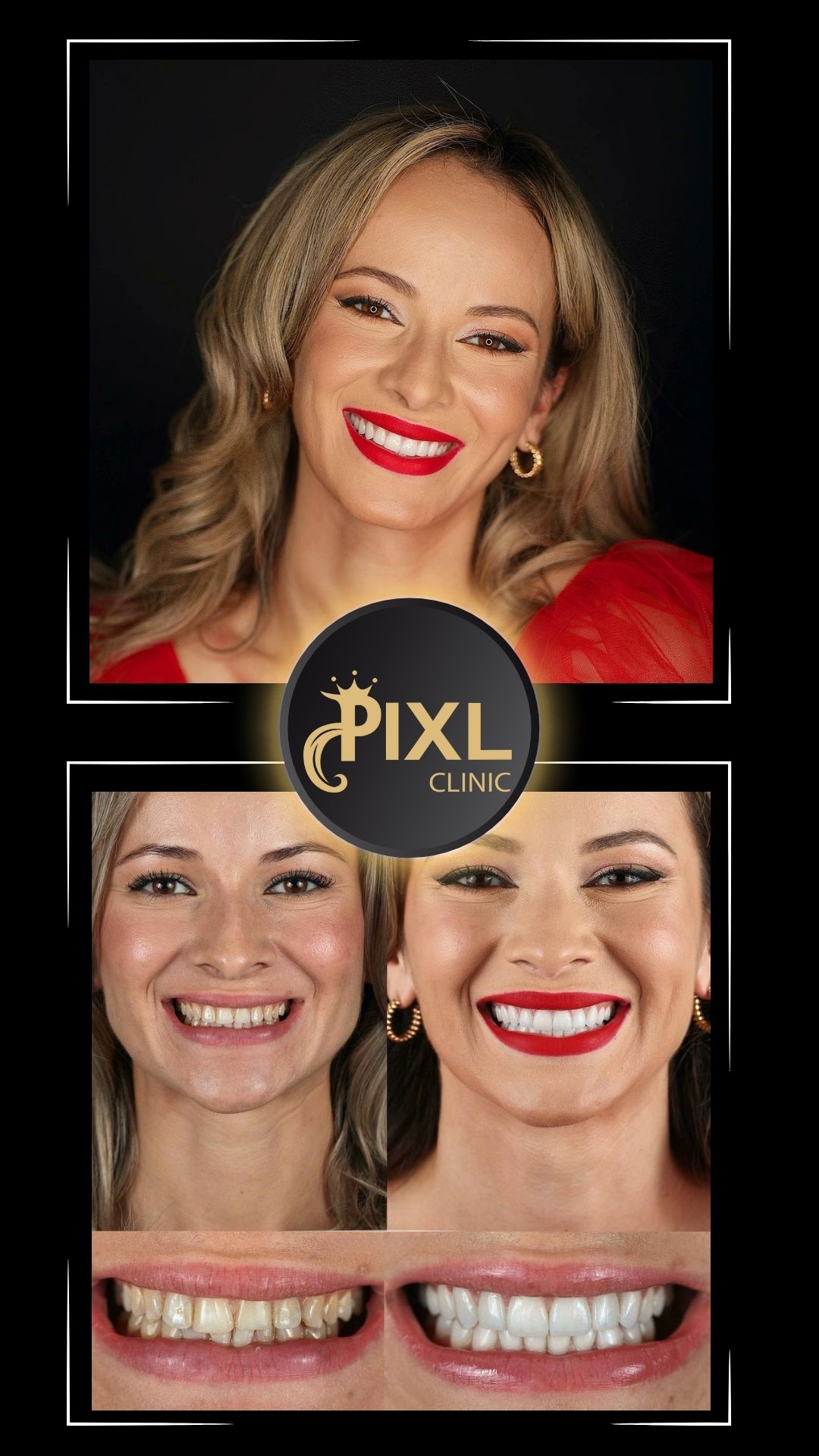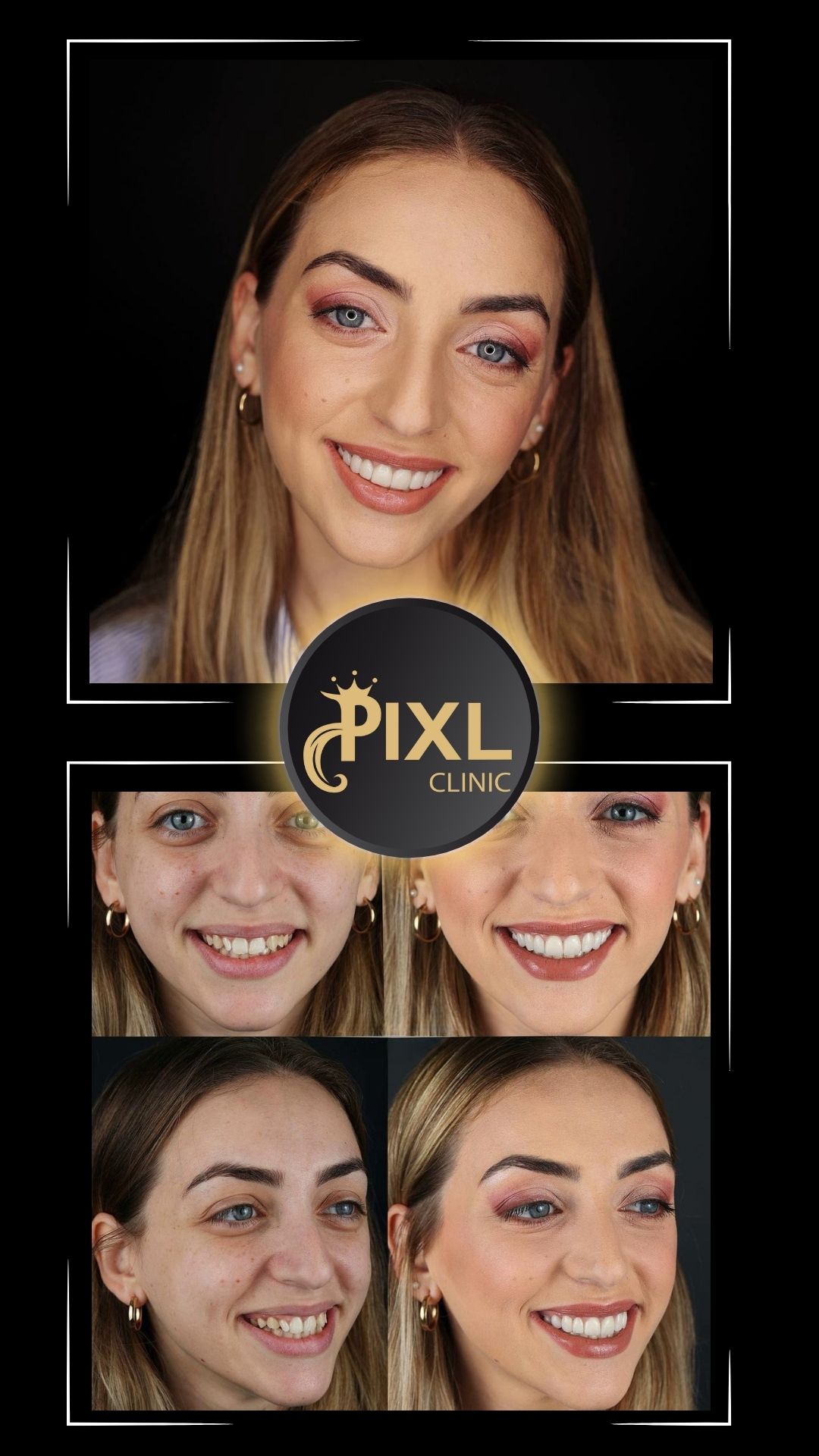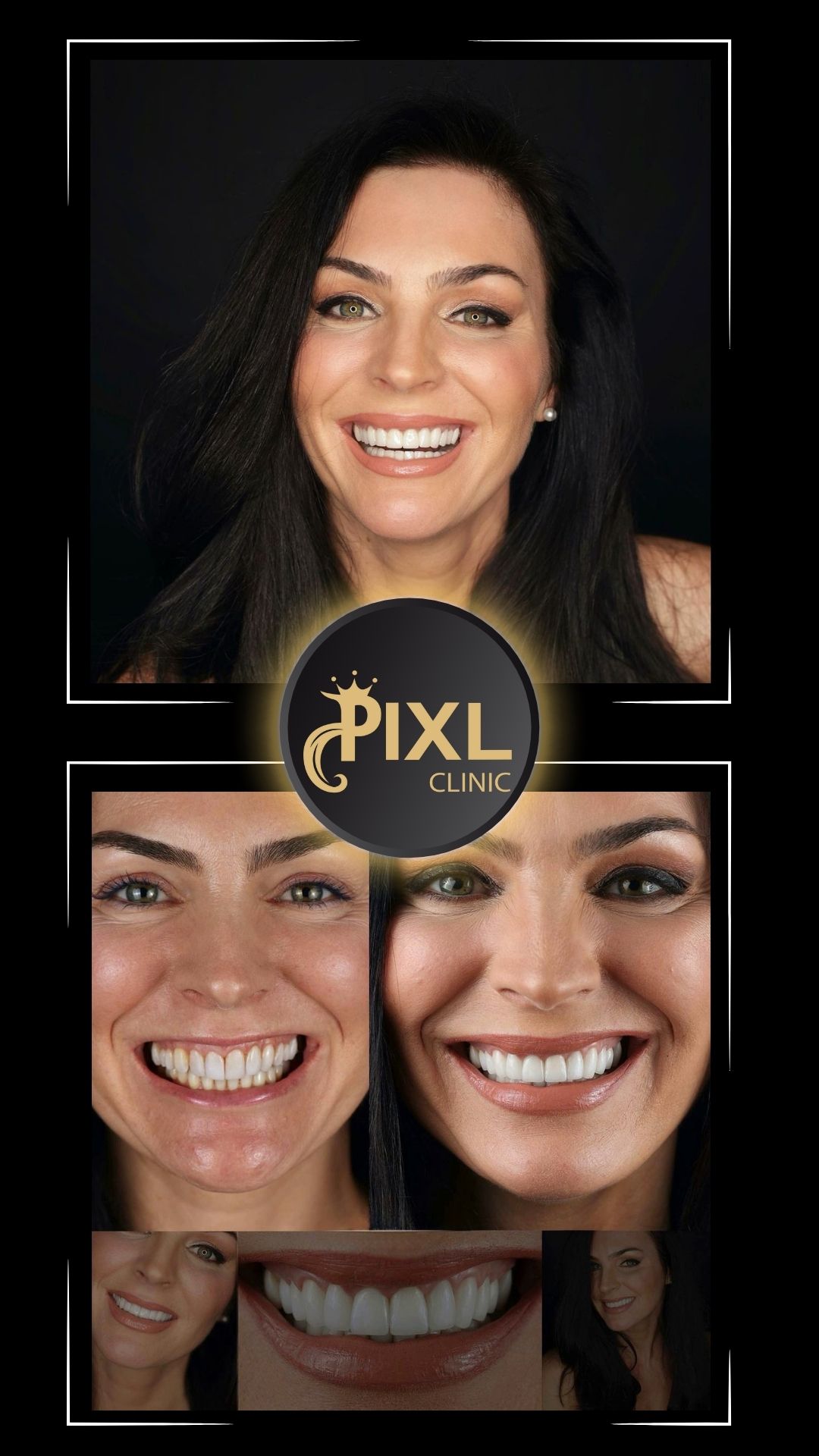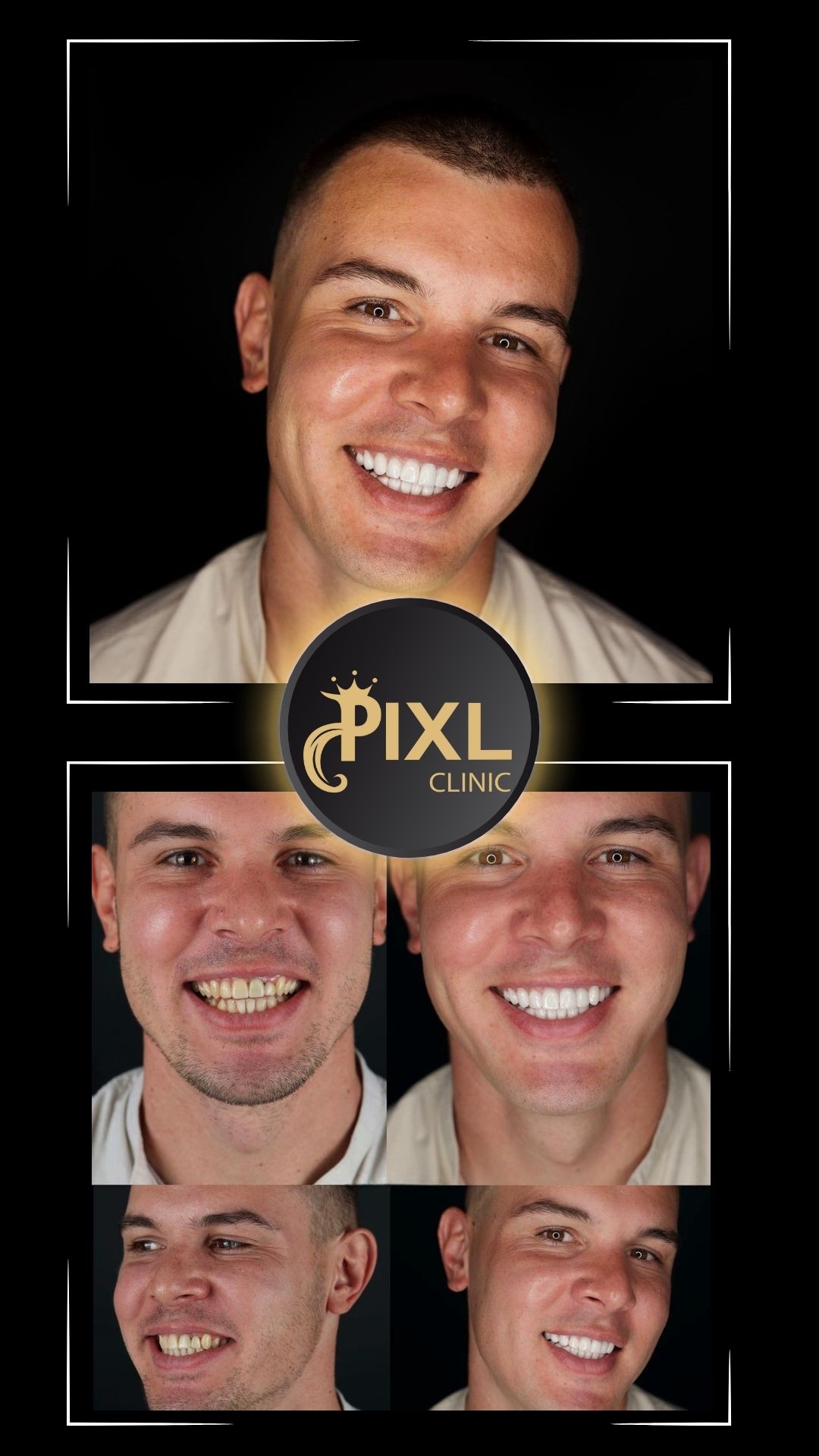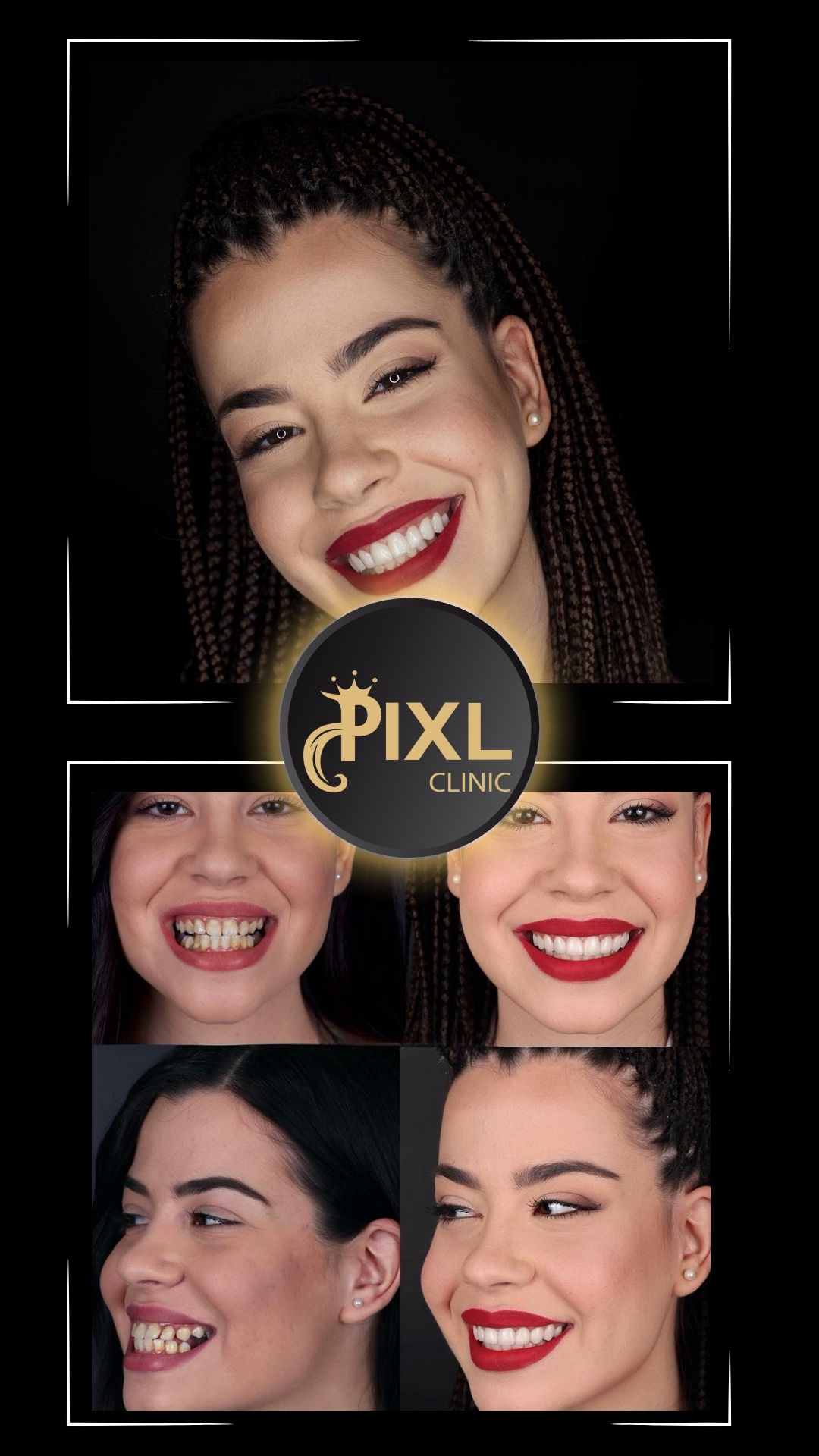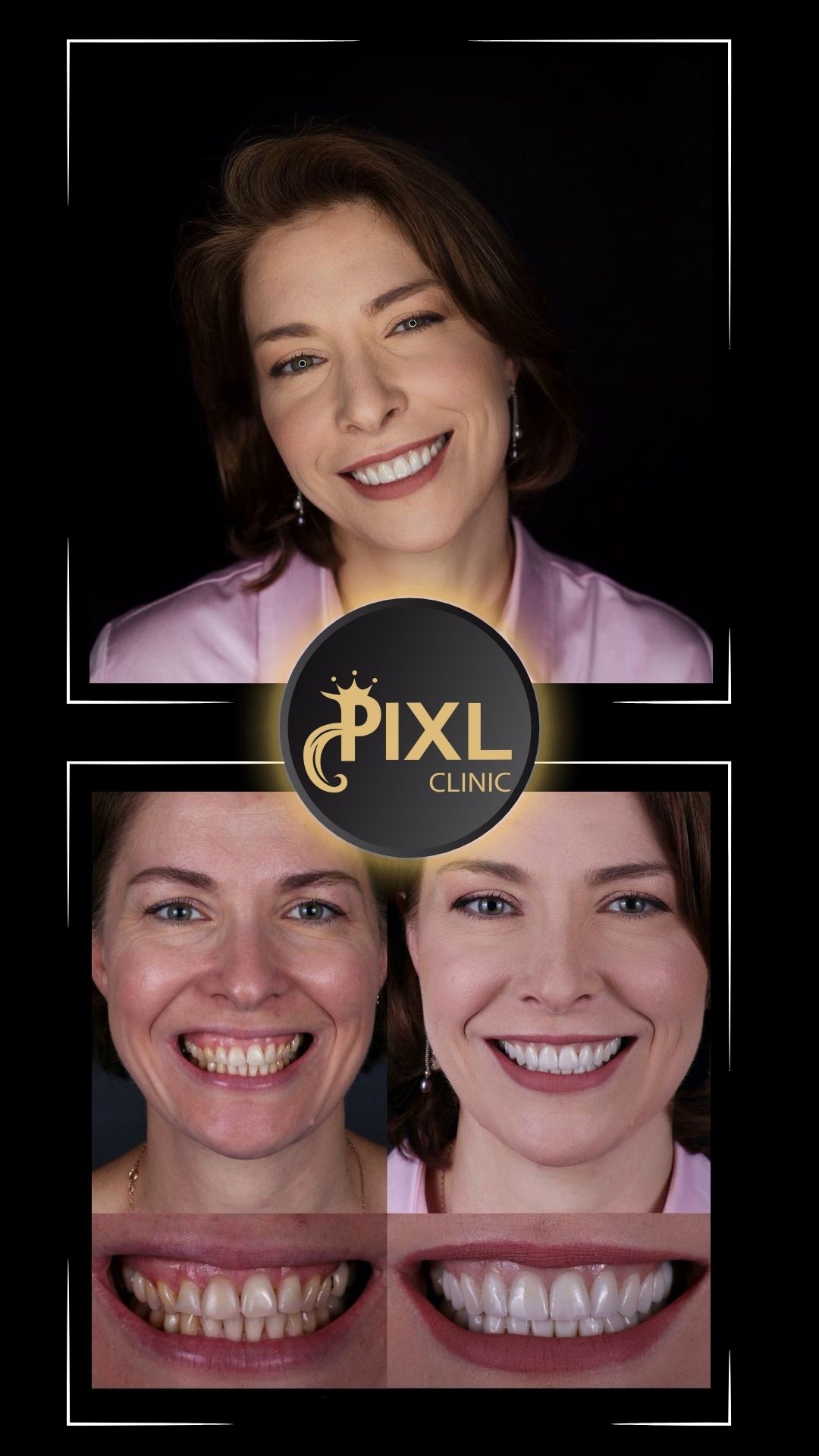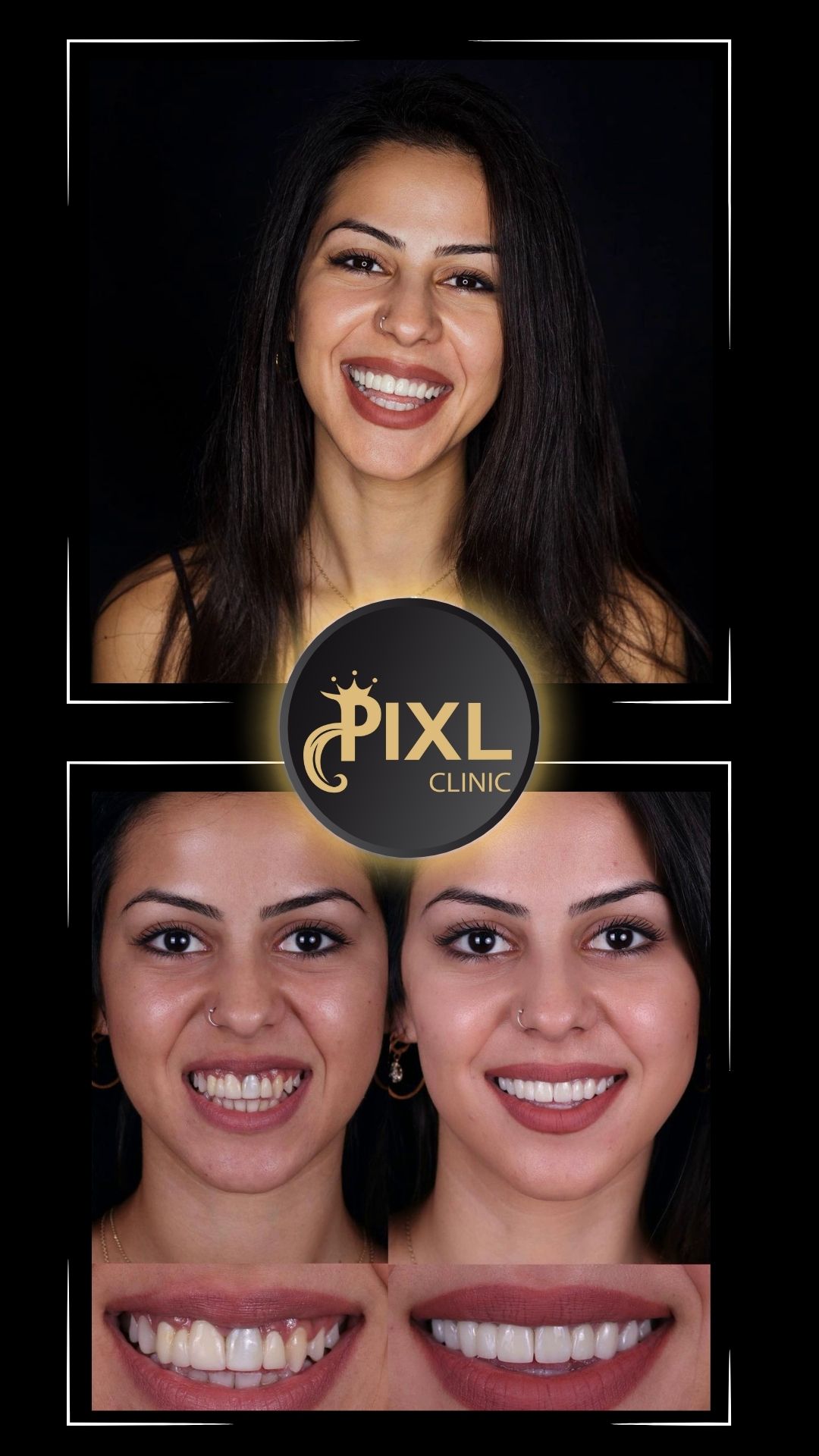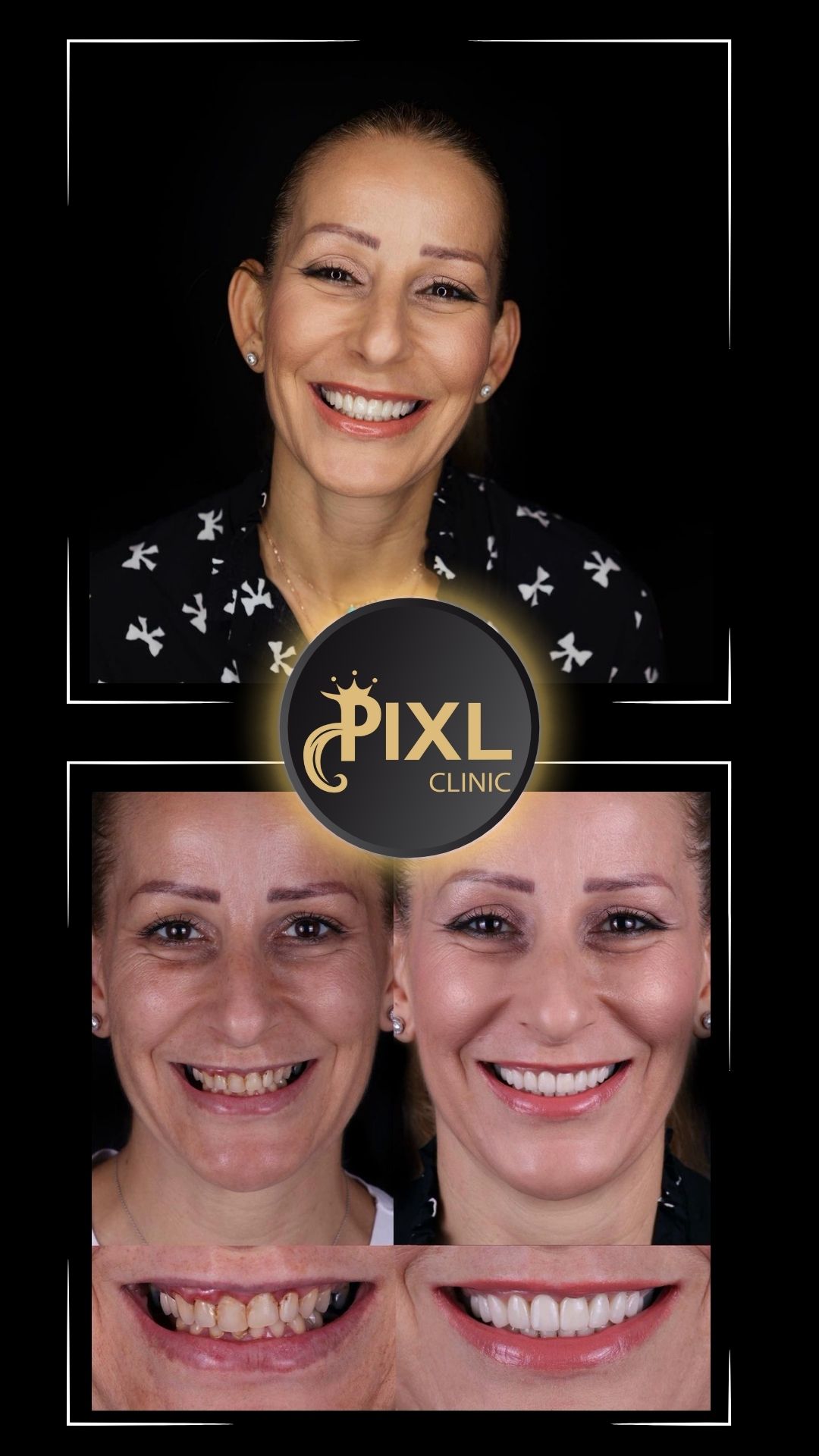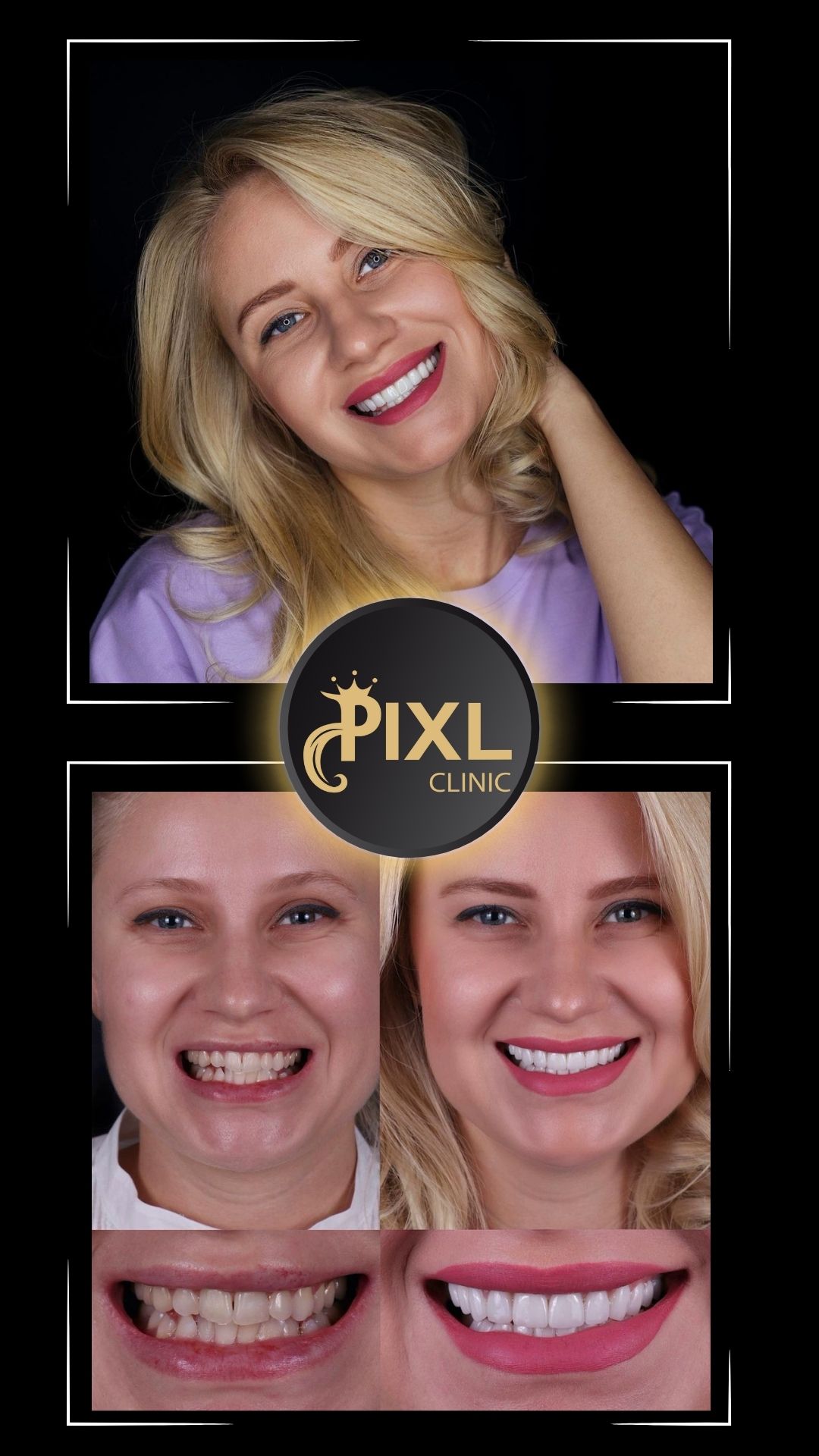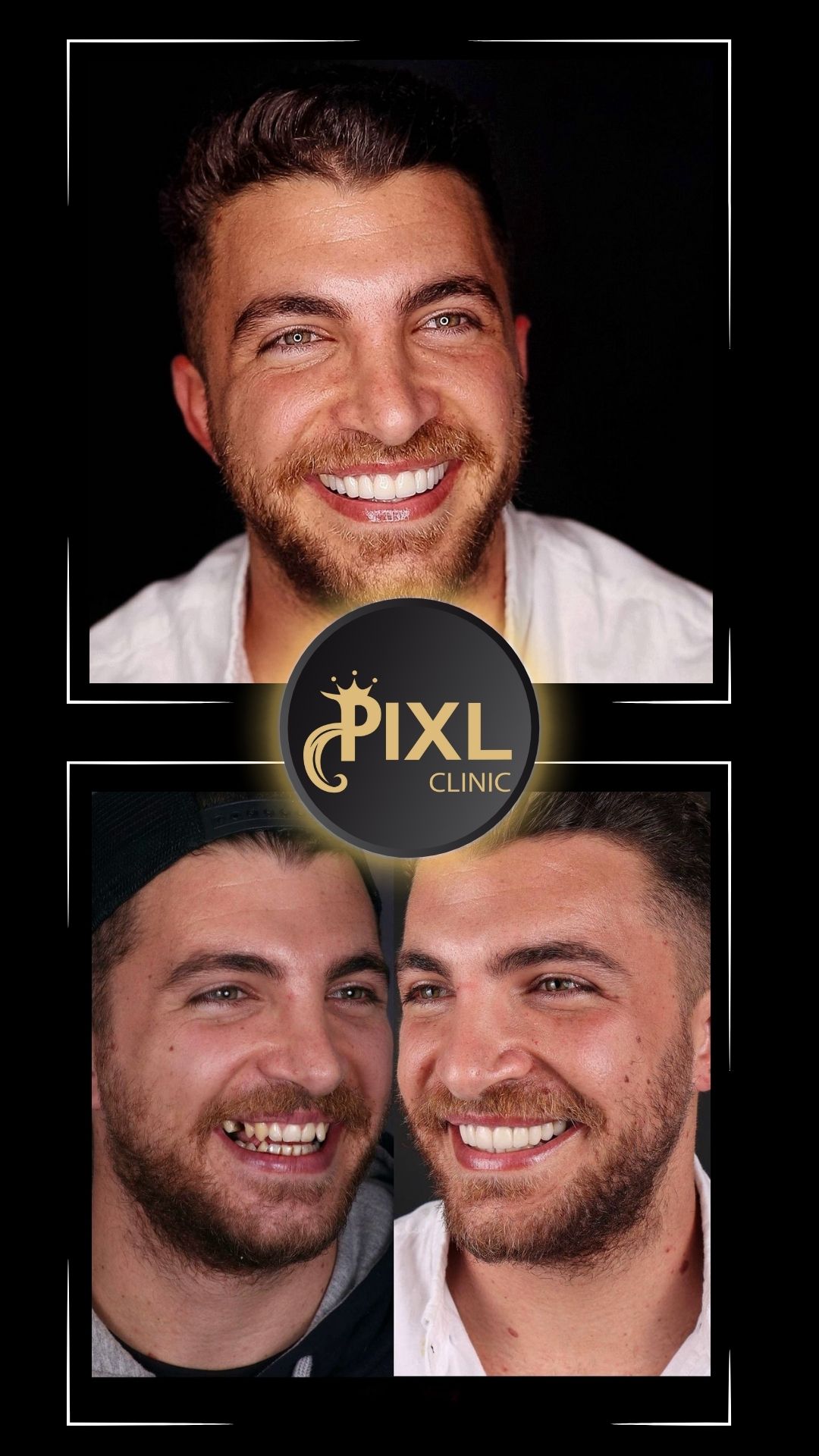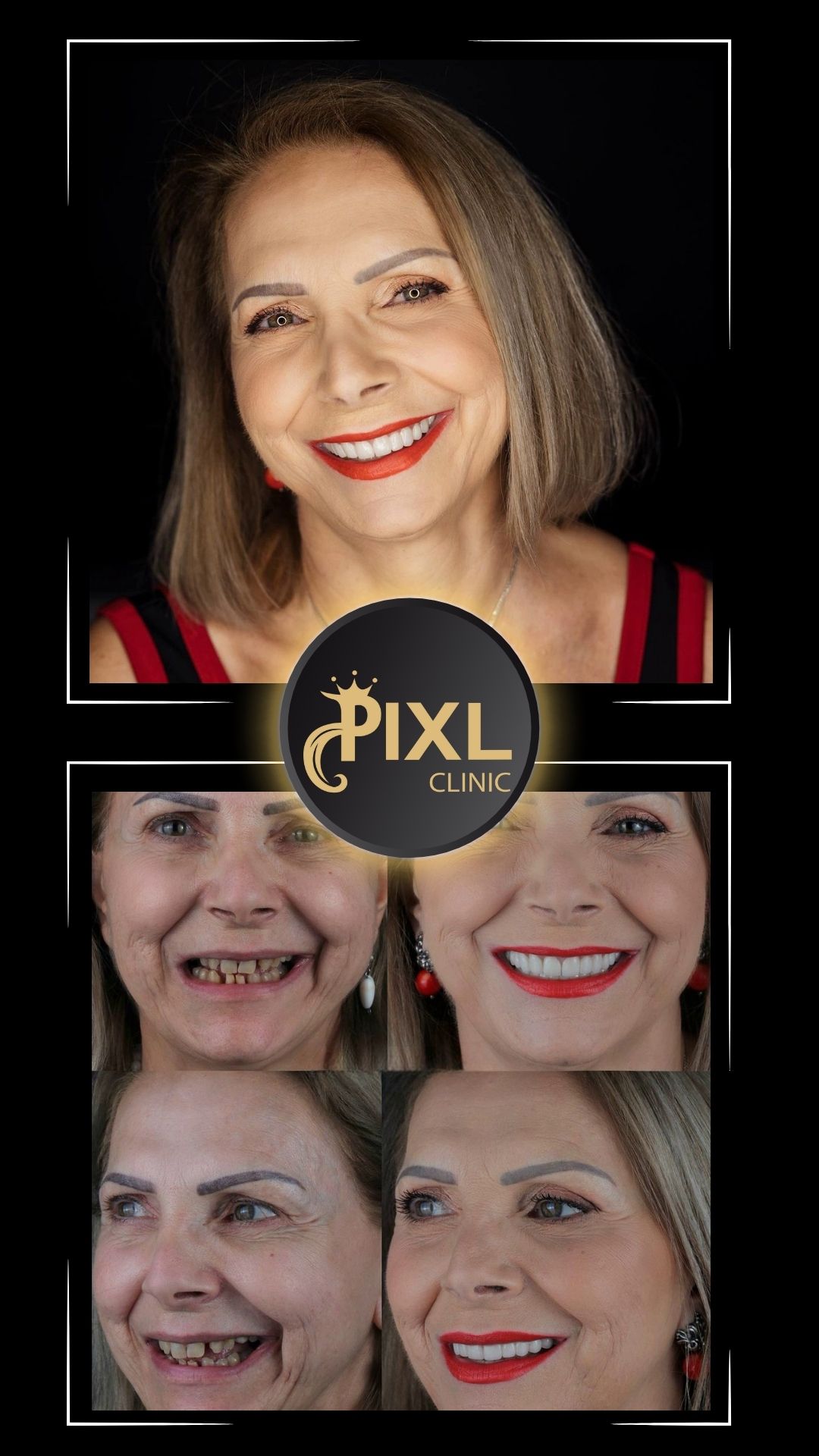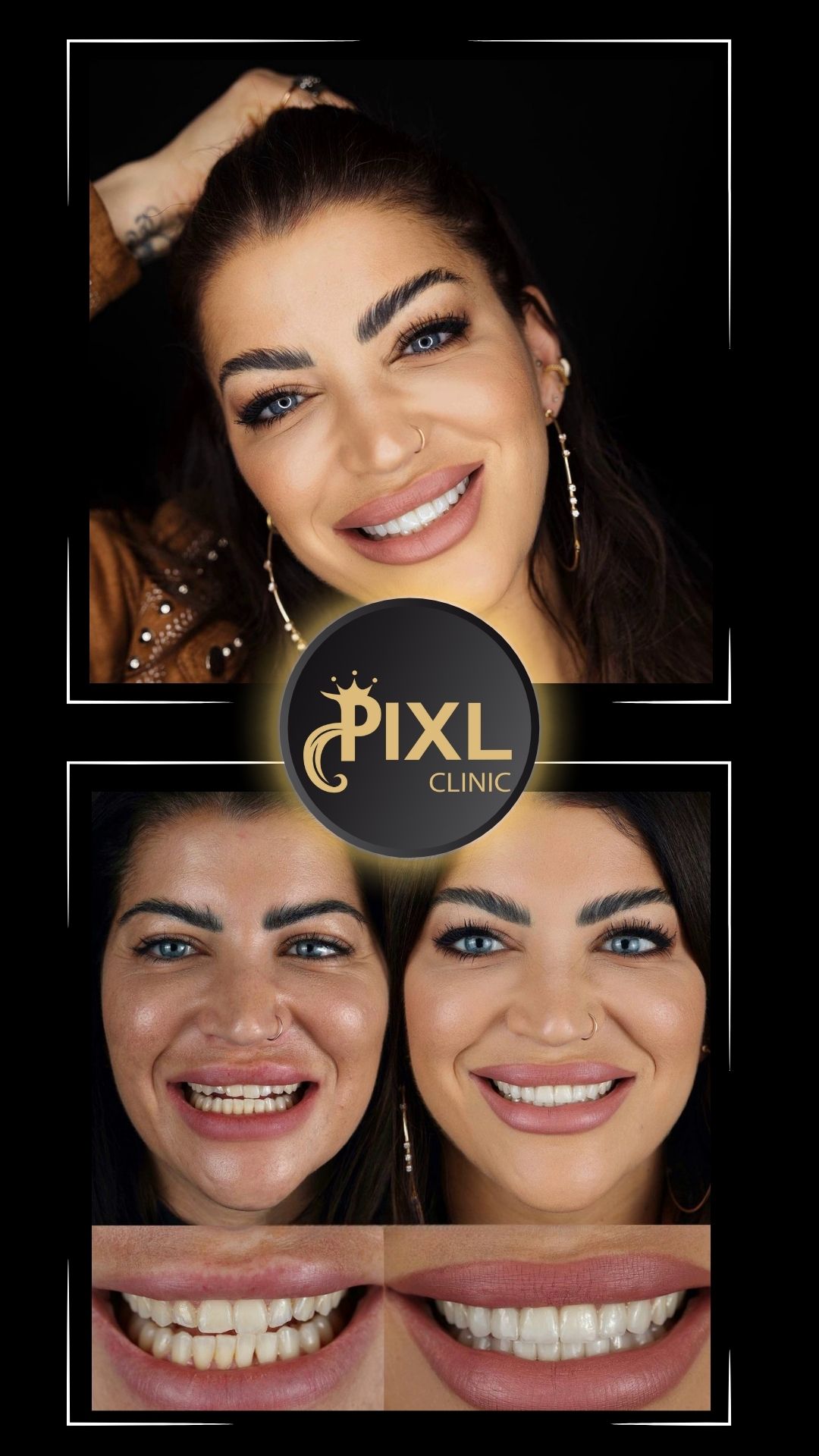Why No Dairy Products After Dental Implant Surgery?
Dental implant surgery is a transformative procedure that restores the function and appearance of your teeth. However, post-operative care is crucial to ensure the success of the implant and minimize complications. One of the surprising instructions often given by dentists is to avoid dairy products after surgery. While dairy is generally seen as a nutritious food group, its consumption immediately after dental implant surgery can have unintended consequences. Here’s why it’s recommended to steer clear of dairy products during this critical recovery period.
The Role of Bacteria in Post-Surgical Recovery
After dental implant surgery, your mouth becomes a vulnerable environment as it heals from the incision and placement of the implant. This healing process requires a clean and controlled environment to prevent infection.
Dairy products, such as milk, cheese, and yogurt, naturally contain bacteria. Although these bacteria are typically harmless or even beneficial for digestion, they can interfere with the healing process if introduced to an open wound. There is a risk of these bacteria contributing to infections in the surgical site, compromising the success of the implant.
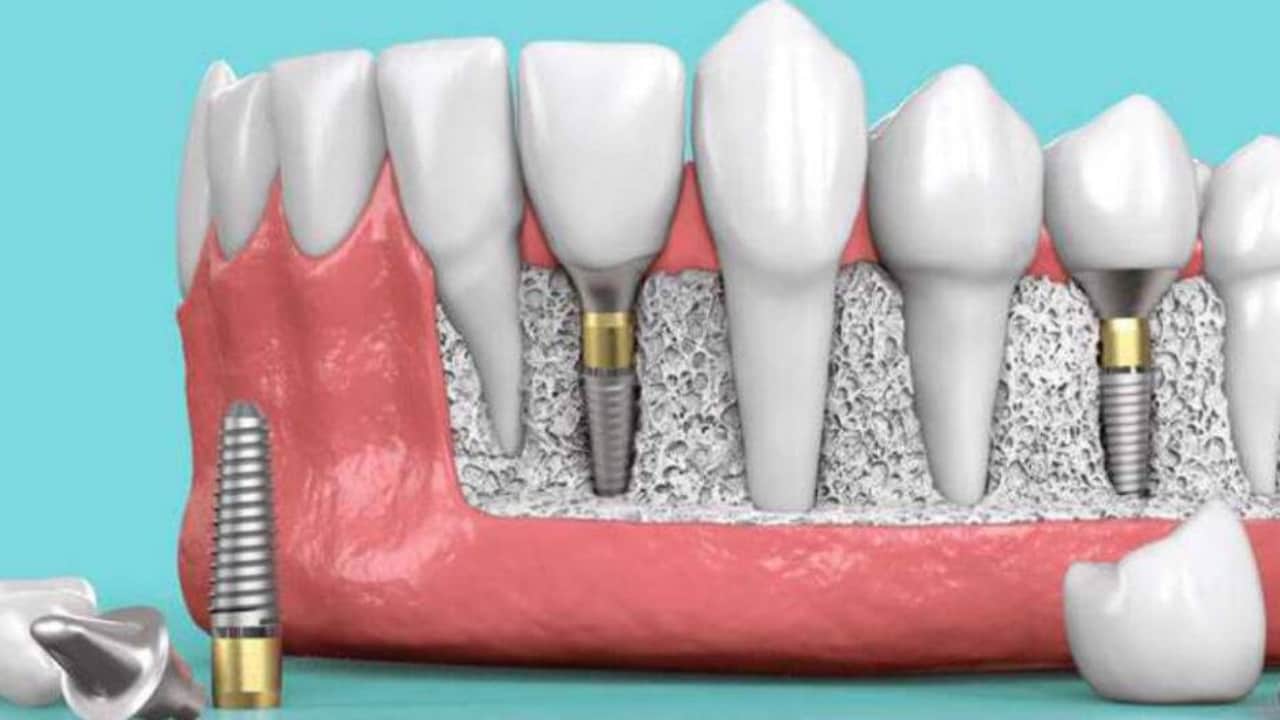
Increased Risk of Inflammation
Some dairy products can cause mild inflammatory responses in certain individuals. Post-surgery, your body is already in a state of inflammation as part of the healing process. Consuming foods that may exacerbate this inflammation can prolong recovery and potentially hinder proper healing of the implant site.
Mucus Production
Dairy products are known to increase mucus production in some people. Excessive mucus can create discomfort, especially if you’re already experiencing swelling or sensitivity in your mouth. Mucus accumulation can also make it harder to maintain proper oral hygiene, which is vital after surgery to prevent infection and ensure a successful recovery.
Interaction with Medications
Post-surgery, your dentist may prescribe antibiotics and painkillers to prevent infection and manage discomfort. Dairy products can interfere with the absorption of certain antibiotics, reducing their effectiveness. For instance, calcium in dairy can bind to some antibiotics, rendering them less effective in fighting off bacterial infections.
Potential for Nausea
After surgery, anesthesia and pain medications can make some patients feel nauseous. Consuming dairy products can exacerbate this nausea, especially if your stomach is already sensitive. This can lead to unnecessary discomfort during the initial stages of recovery.
Alternative Nutritional Sources
While dairy products are a common source of calcium and protein, these nutrients are essential for bone healing, especially after dental implant surgery. Fortunately, there are non-dairy alternatives that provide similar nutritional benefits without the potential risks. Foods like tofu, almond milk, leafy greens, nuts, and seeds can supply the calcium and protein your body needs to heal effectively.
Additionally, soft non-dairy foods like mashed potatoes, smoothies made with plant-based milk, applesauce, and oatmeal are excellent options to maintain proper nutrition while adhering to post-operative dietary restrictions.
The First 48 Hours Are Critical
The first 48 hours after dental implant surgery are particularly important for the healing process. During this time, avoiding dairy and other potentially problematic foods helps create an optimal healing environment. After this critical period, you can consult with your dentist to determine when it’s safe to reintroduce dairy into your diet.
Tips for Post-Operative Success
To ensure a smooth recovery, follow these general tips:
- Stick to a soft, non-dairy diet during the initial recovery phase.
- Drink plenty of water to stay hydrated and aid healing.
- Follow your dentist’s instructions for oral hygiene, such as using prescribed mouthwashes or gently rinsing with salt water.
- Avoid smoking and alcohol, as they can delay the healing process.
Final Thoughts
Avoiding dairy products after dental implant surgery may seem inconvenient, but it’s a small sacrifice for the long-term success of your procedure. Understanding the reasons behind this restriction helps you make informed decisions about your recovery diet. By following your dentist’s advice and taking good care of your mouth, you’ll maximize the chances of a successful and speedy recovery, ensuring your new dental implant lasts a lifetime.
FAQ: Avoiding Dairy Products After Dental Implant Surgery
Why should I avoid dairy after dental implant surgery?
Dairy products can introduce bacteria to the surgical site, increasing the risk of infection. Additionally, dairy may cause inflammation, interfere with medications, and promote mucus production, which can complicate the healing process.
How long should I avoid dairy products?
Typically, dentists recommend avoiding dairy for the first 48 hours post-surgery, but the duration may vary depending on individual healing progress. Always follow your dentist’s specific instructions.
Can dairy really cause infections?
Dairy contains natural bacteria that are usually harmless but can become problematic if they enter the surgical wound. This is why it’s safer to avoid dairy during the early healing phase.
Does dairy interfere with antibiotics?
Yes, calcium in dairy can bind to certain antibiotics, reducing their absorption and effectiveness. This can compromise your body’s ability to fight off infections after surgery.
What are good alternatives to dairy for protein and calcium?
Non-dairy sources of protein and calcium include:
- Tofu
- Plant-based milk (almond, soy, oat)
- Leafy greens (spinach, kale)
- Nuts and seeds
- Beans and lentils
What soft foods can I eat instead of dairy?
Soft, non-dairy foods suitable for post-surgery recovery include:
- Mashed potatoes
- Applesauce
- Smoothies (with plant-based milk)
- Oatmeal
- Pureed vegetables
- Soup (avoid cream-based soups)
What if I accidentally eat dairy after surgery?
While one accidental intake of dairy is unlikely to cause severe issues, monitor for any unusual symptoms like increased pain, swelling, or signs of infection. Inform your dentist if you notice any complications.
Does yogurt have the same risks as other dairy products?
Yes. Although yogurt contains probiotics, it still carries natural bacteria that could disrupt healing. It’s best to avoid it until your dentist gives the green light.
Why does dairy increase mucus production, and why is that bad?
Dairy can stimulate mucus production in some individuals. Excess mucus can be uncomfortable, especially if you’re already dealing with post-surgical swelling, and may make it harder to maintain oral hygiene.
When can I reintroduce dairy into my diet?
Most patients can safely reintroduce dairy products after the initial healing period, usually 48–72 hours post-surgery, or as advised by their dentist.
Are there any specific types of dairy I can have sooner?
No, it’s best to avoid all dairy products immediately after surgery, including milk, cheese, yogurt, and cream-based foods. Wait for your dentist’s approval before resuming any form of dairy.
What should I do to ensure proper healing?
- Stick to a soft, non-dairy diet.
- Stay hydrated with water.
- Follow your dentist’s oral care instructions.
- Avoid smoking and alcohol.
- Attend follow-up appointments to monitor healing progress.
Can I drink plant-based dairy alternatives?
Yes, plant-based milk such as almond, soy, or oat milk is generally safe and free from the risks associated with dairy products.
Are there any other foods I should avoid?
Yes, avoid:
- Spicy foods
- Hard or crunchy foods
- Hot beverages or foods that can irritate the surgical site
- Foods with small seeds or particles that might lodge in the wound
How can I manage pain and swelling without dairy?
- Use prescribed pain medication as directed.
- Apply a cold compress to reduce swelling.
- Consume soft, cool foods like applesauce or smoothies made with non-dairy ingredients.
Why is oral hygiene so important after surgery?
Proper oral hygiene prevents the buildup of bacteria and food particles, reducing the risk of infection and promoting faster healing. Gently rinse your mouth as instructed by your dentist.

